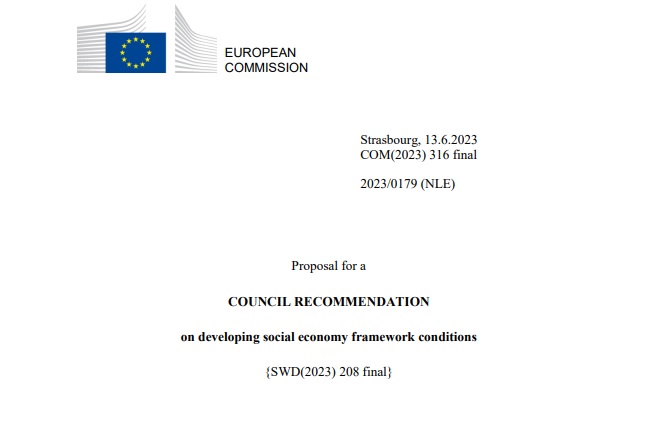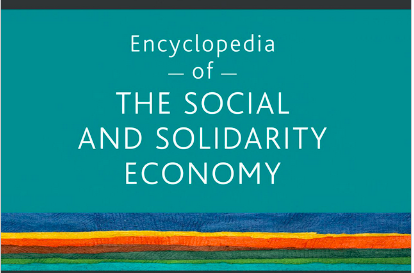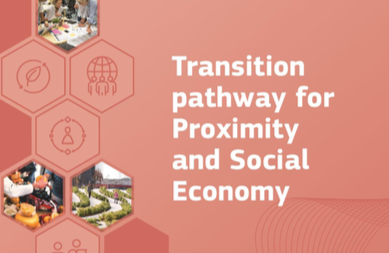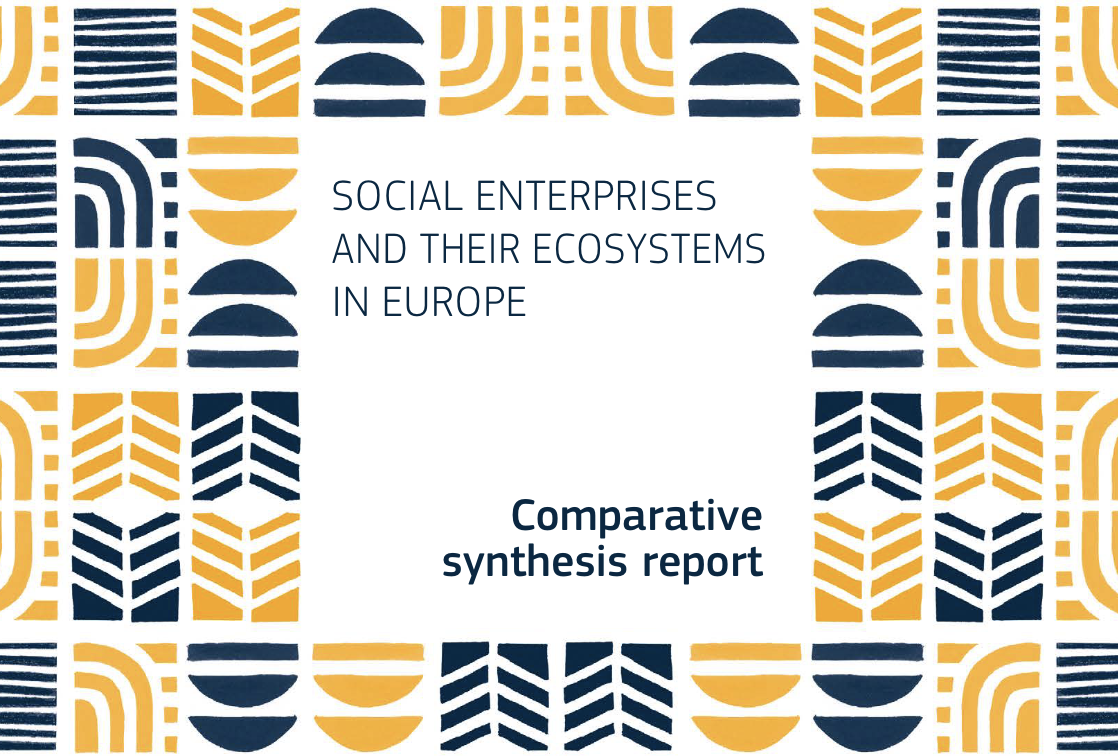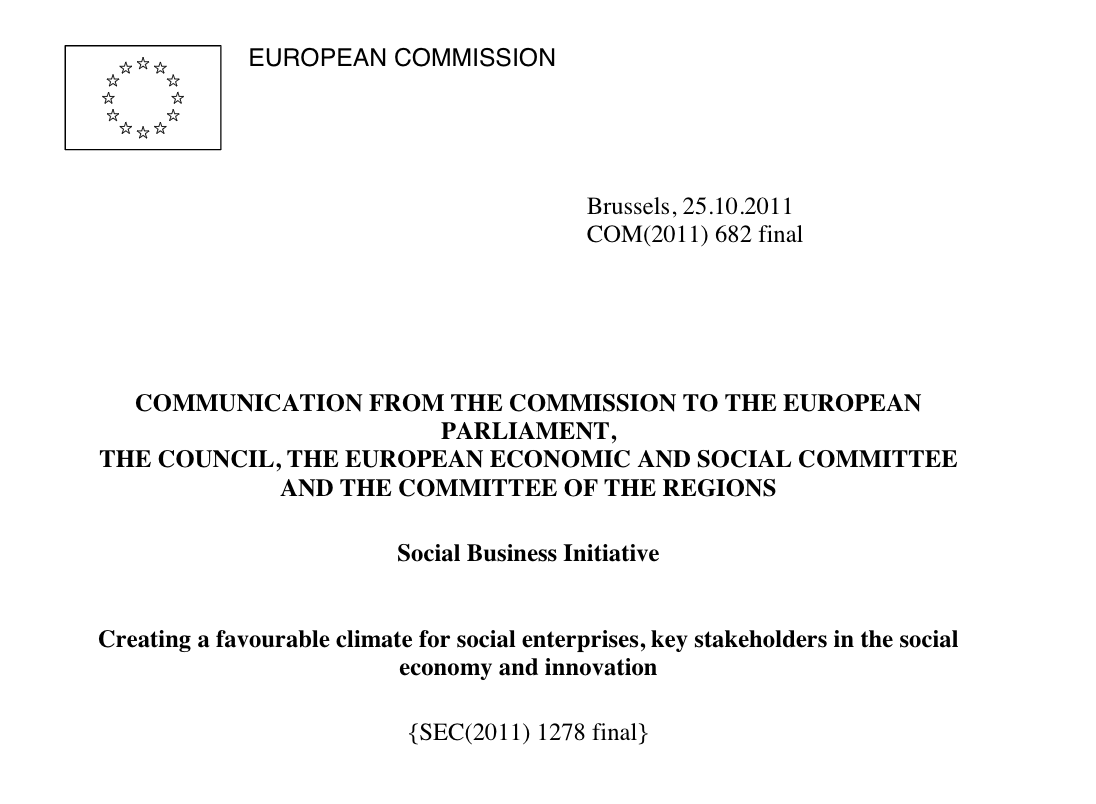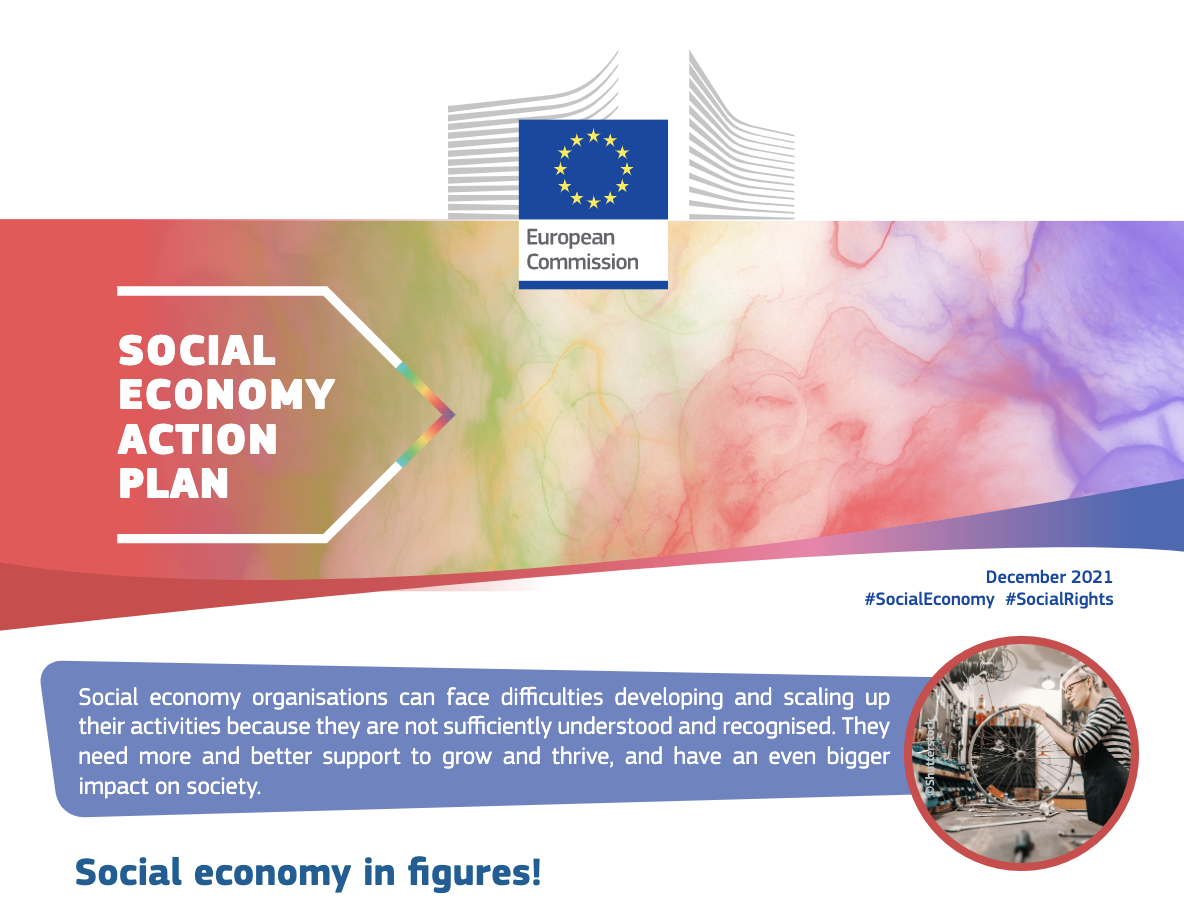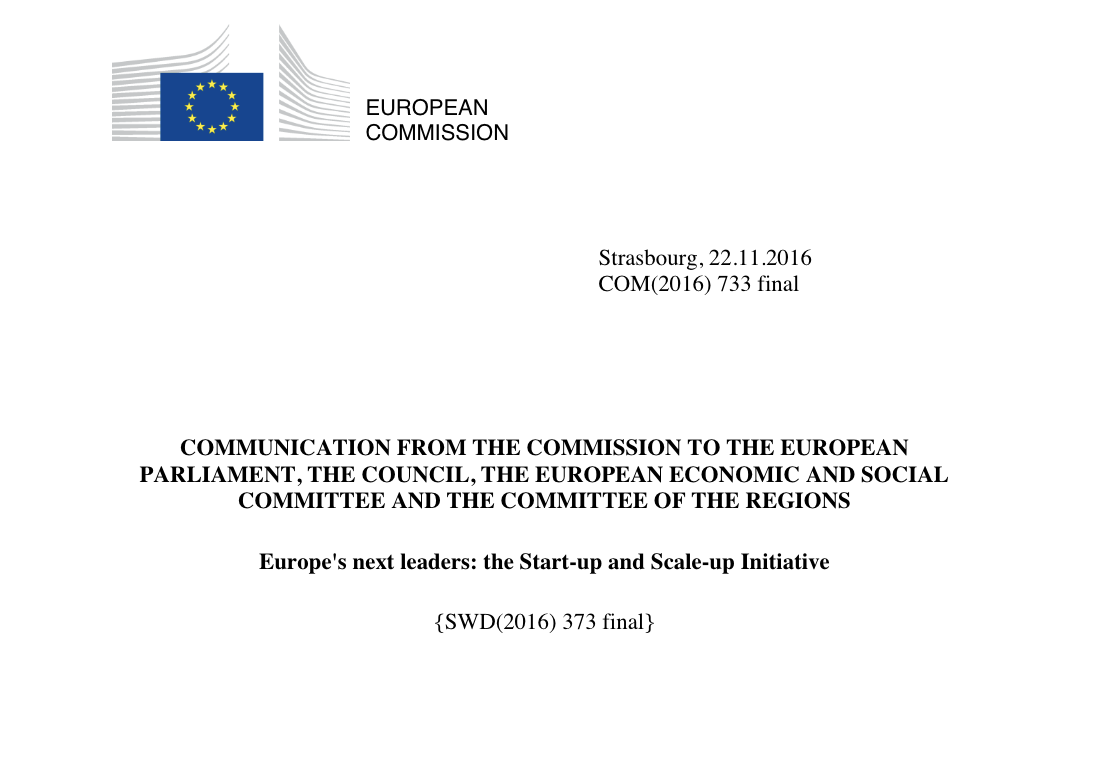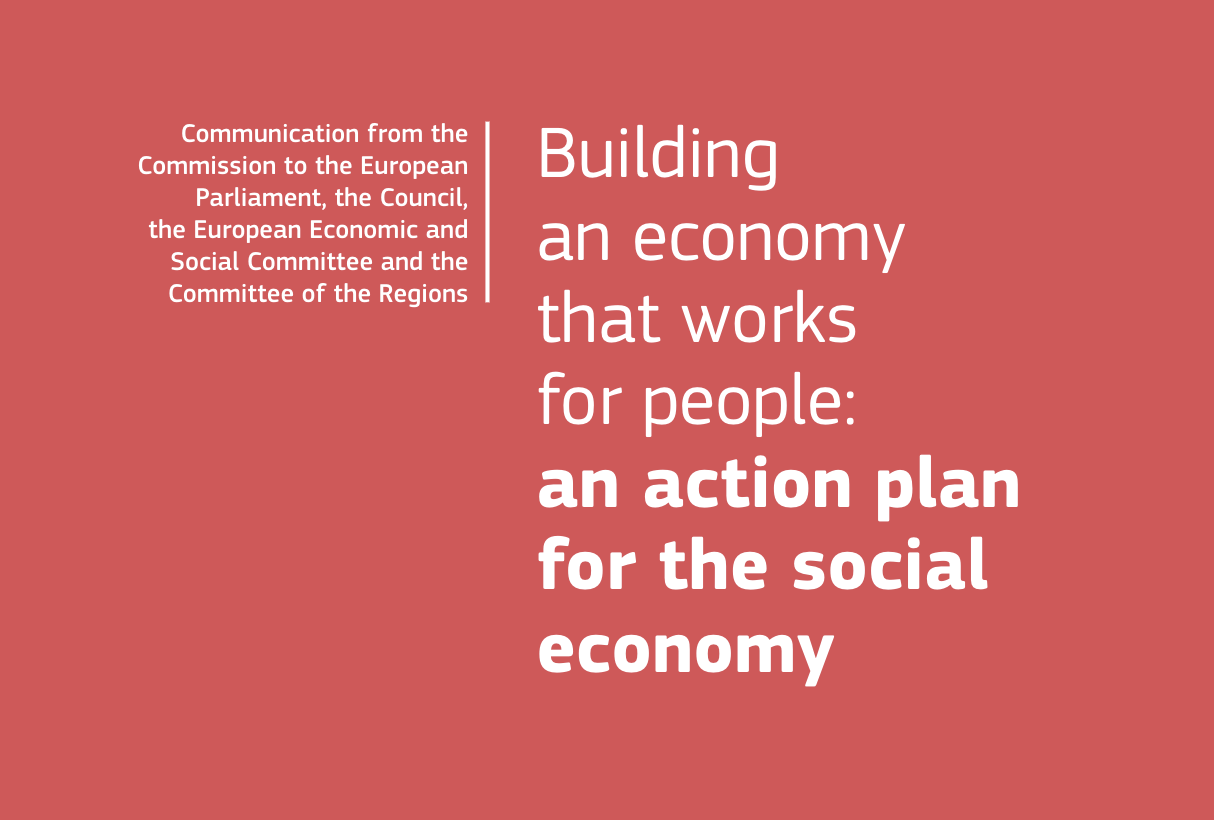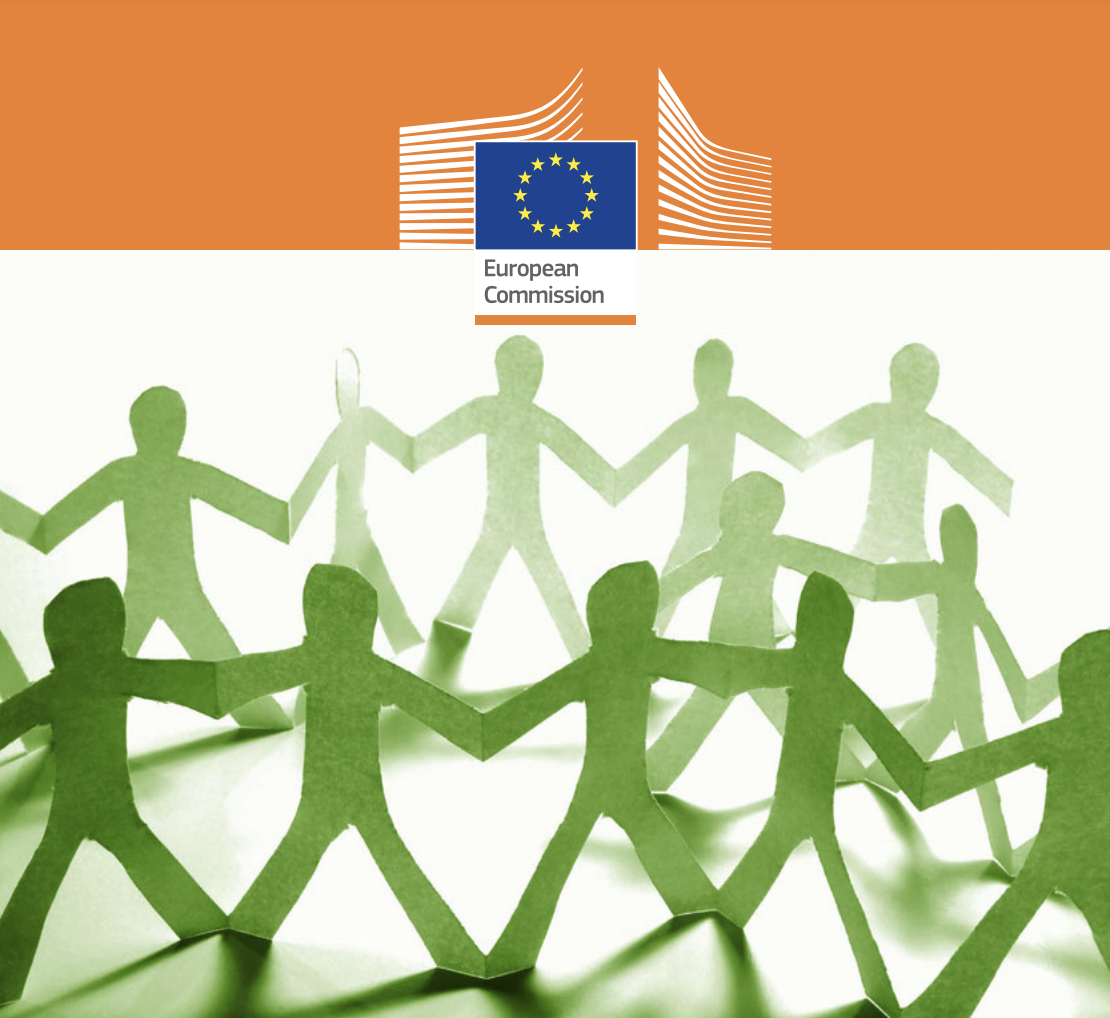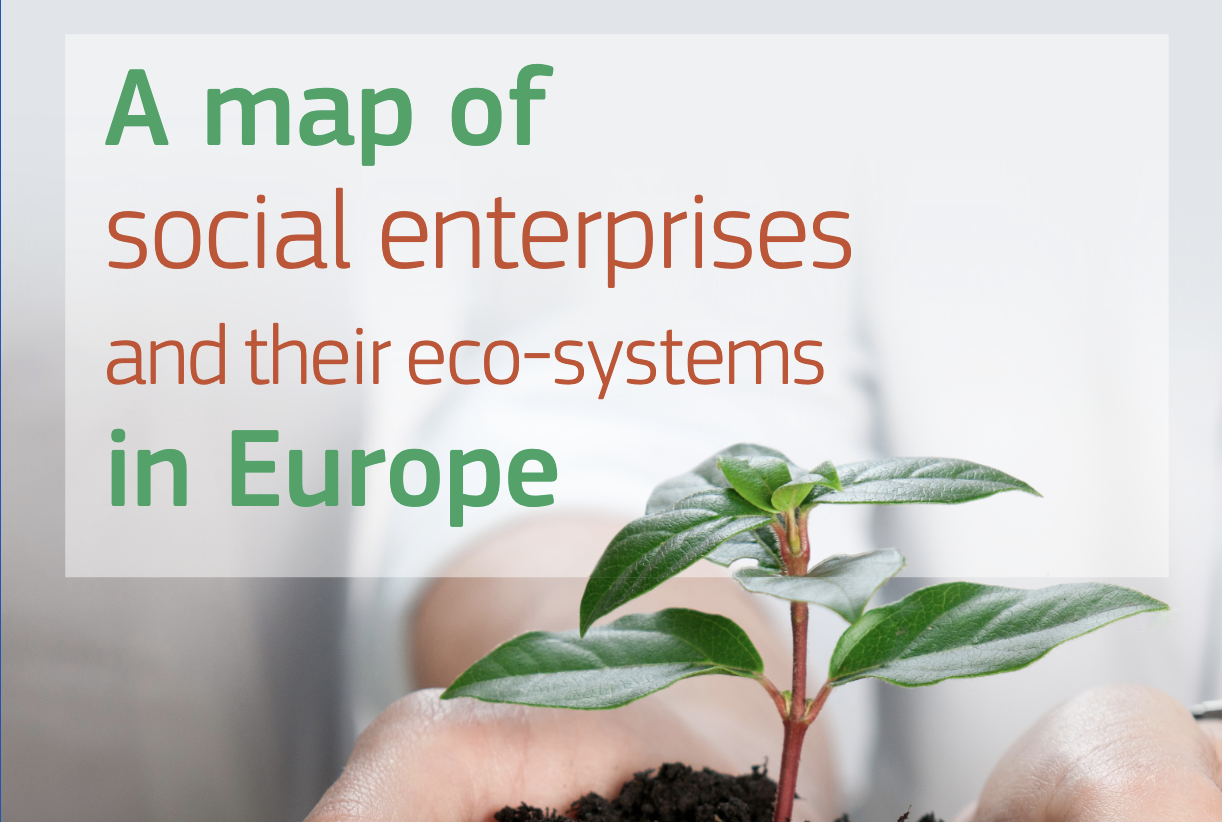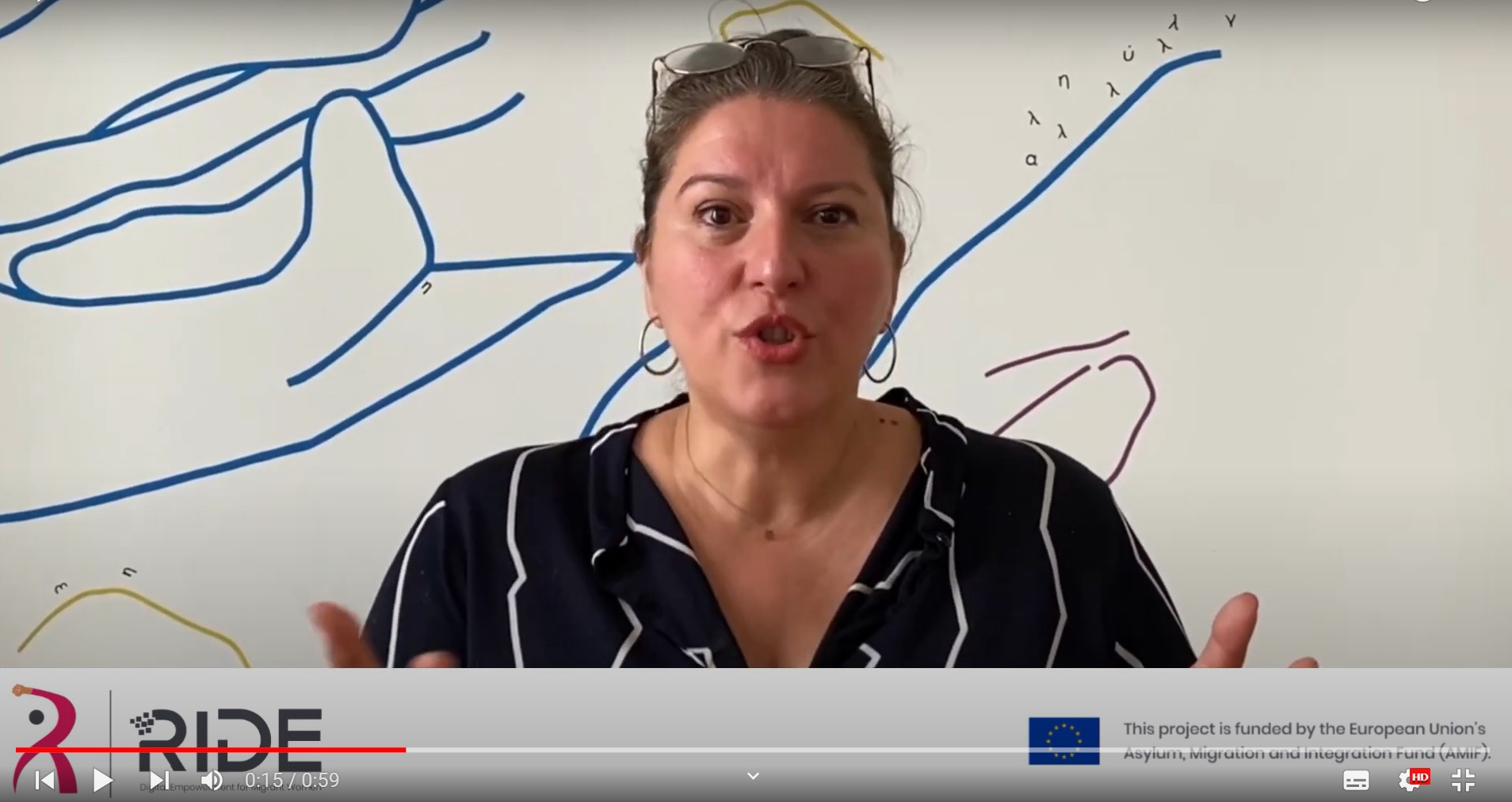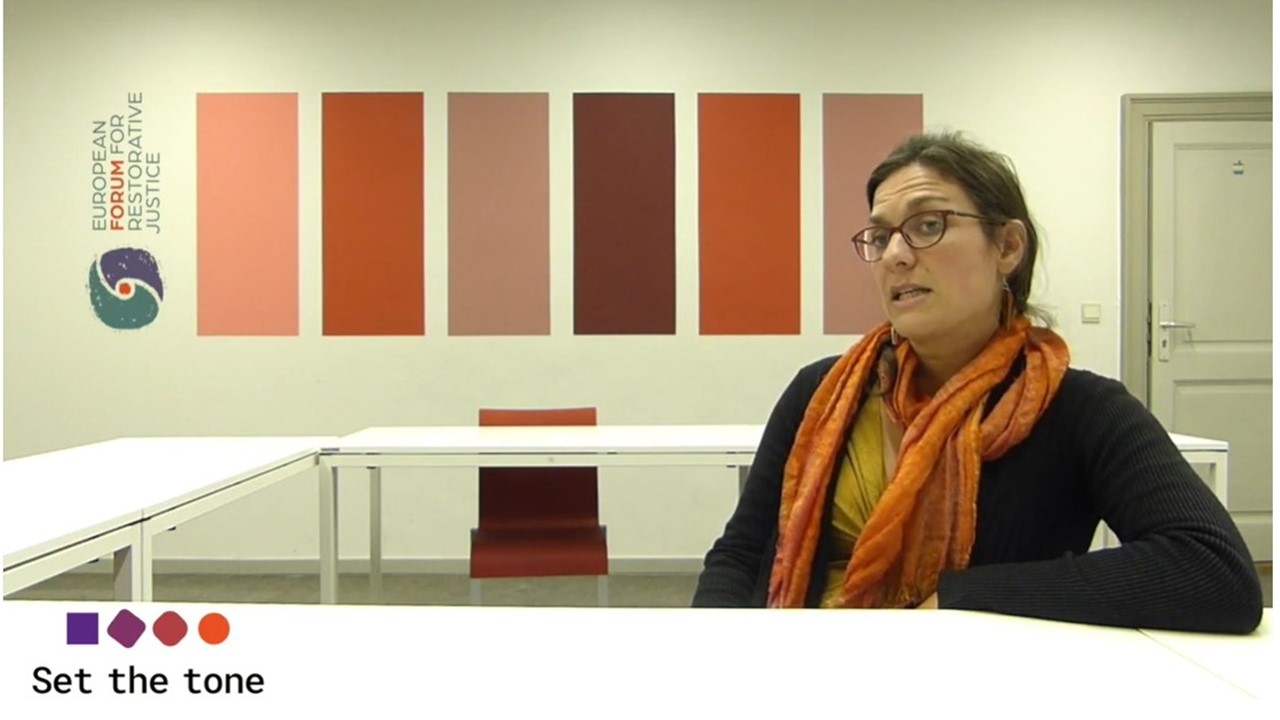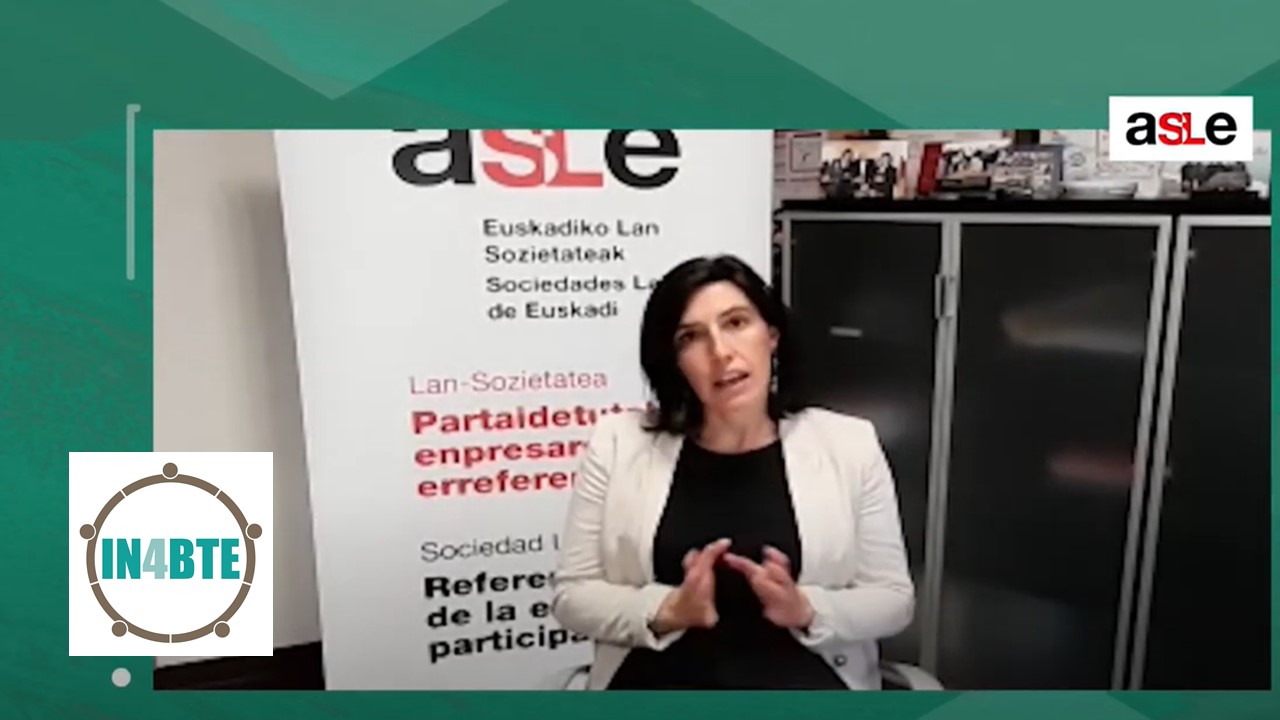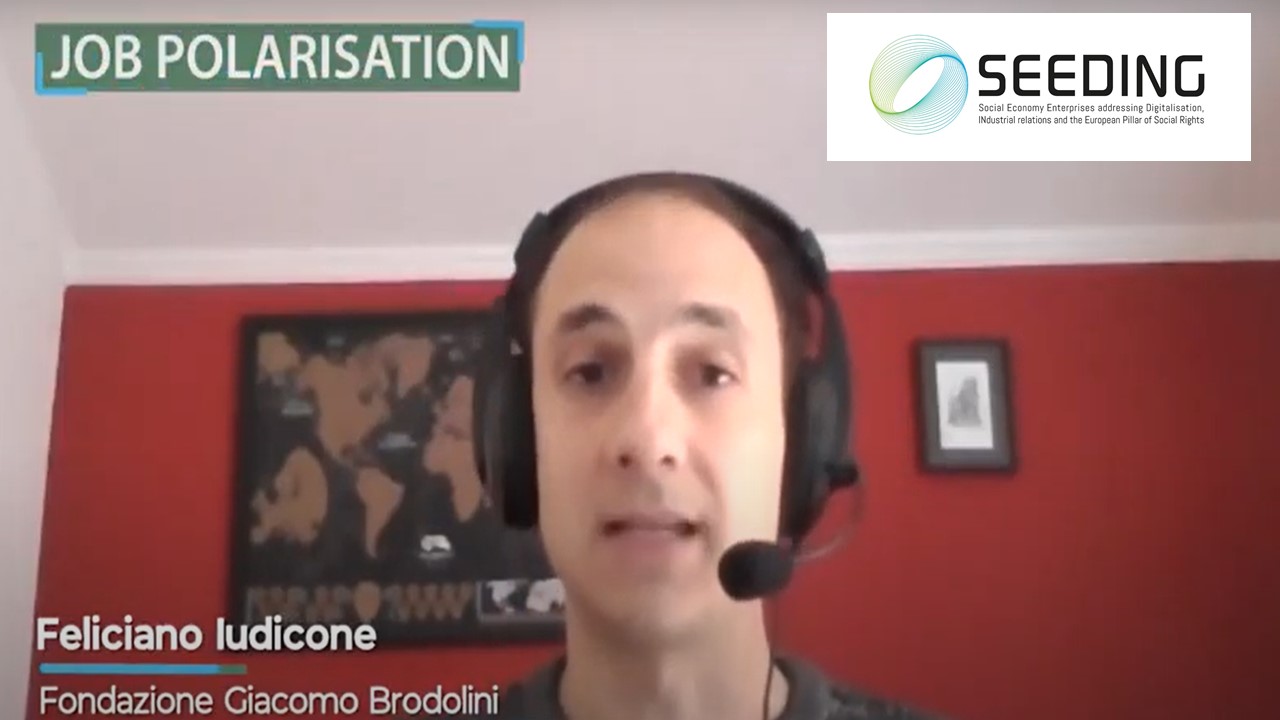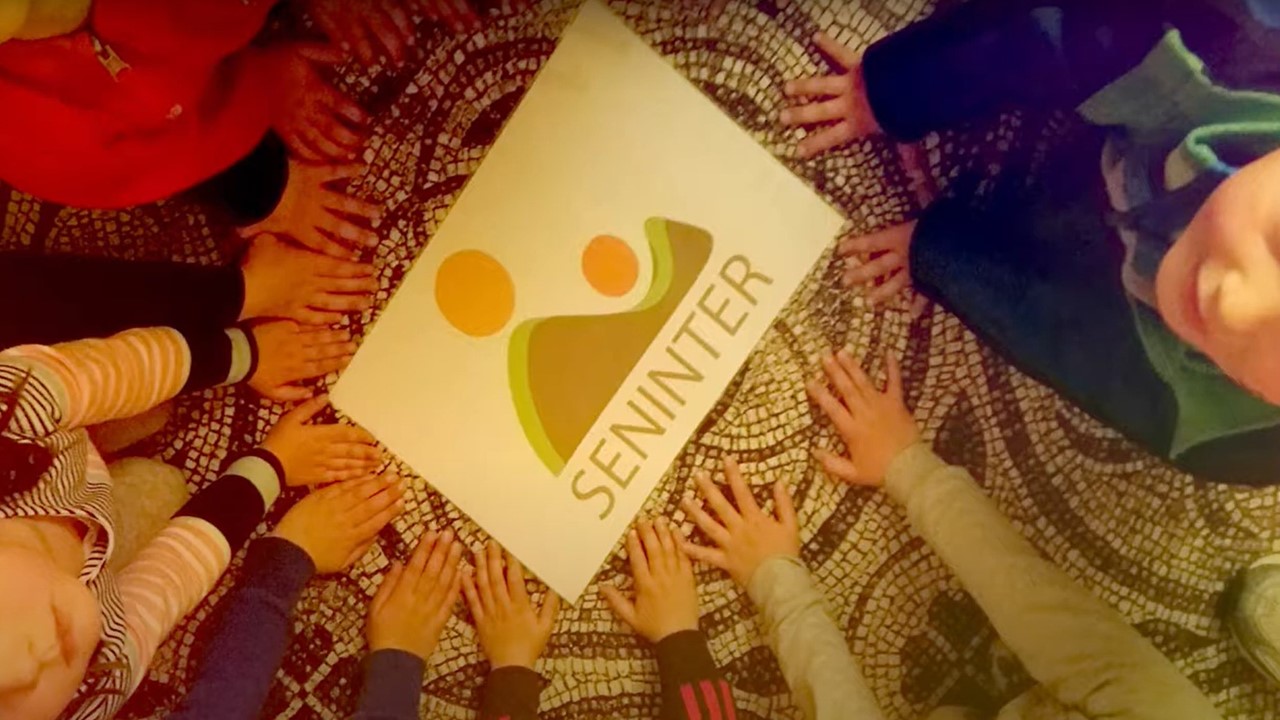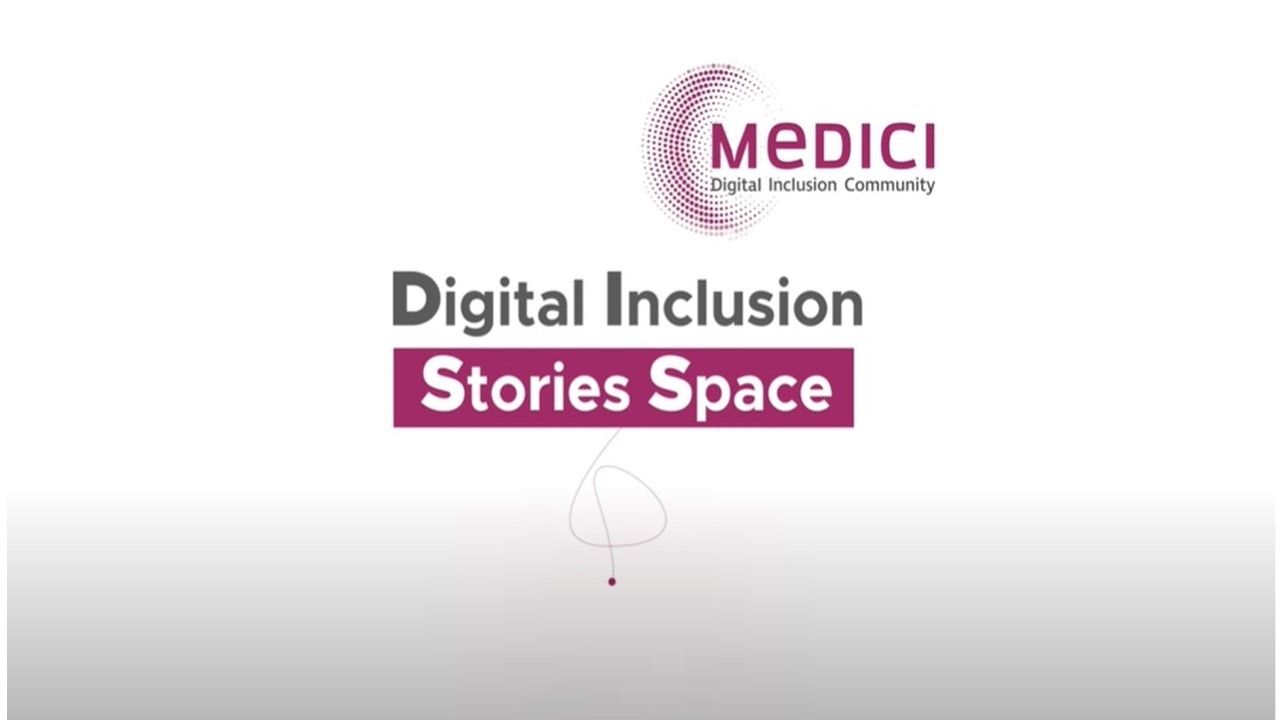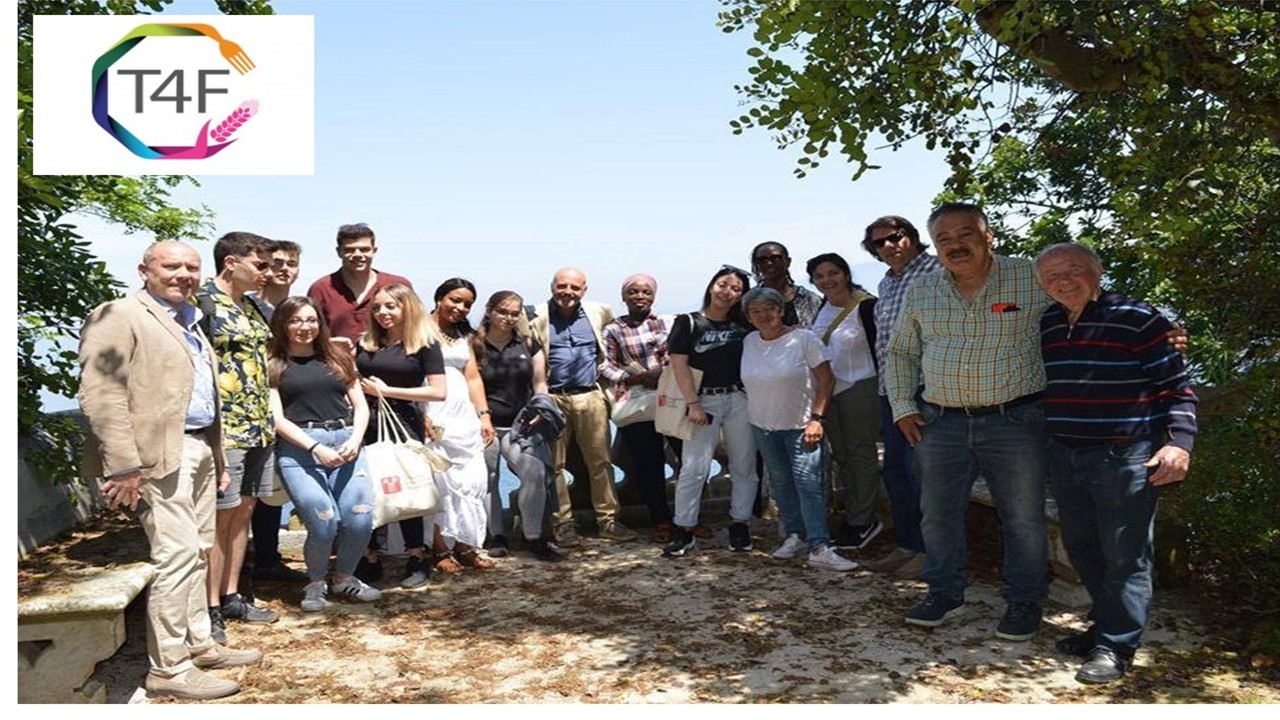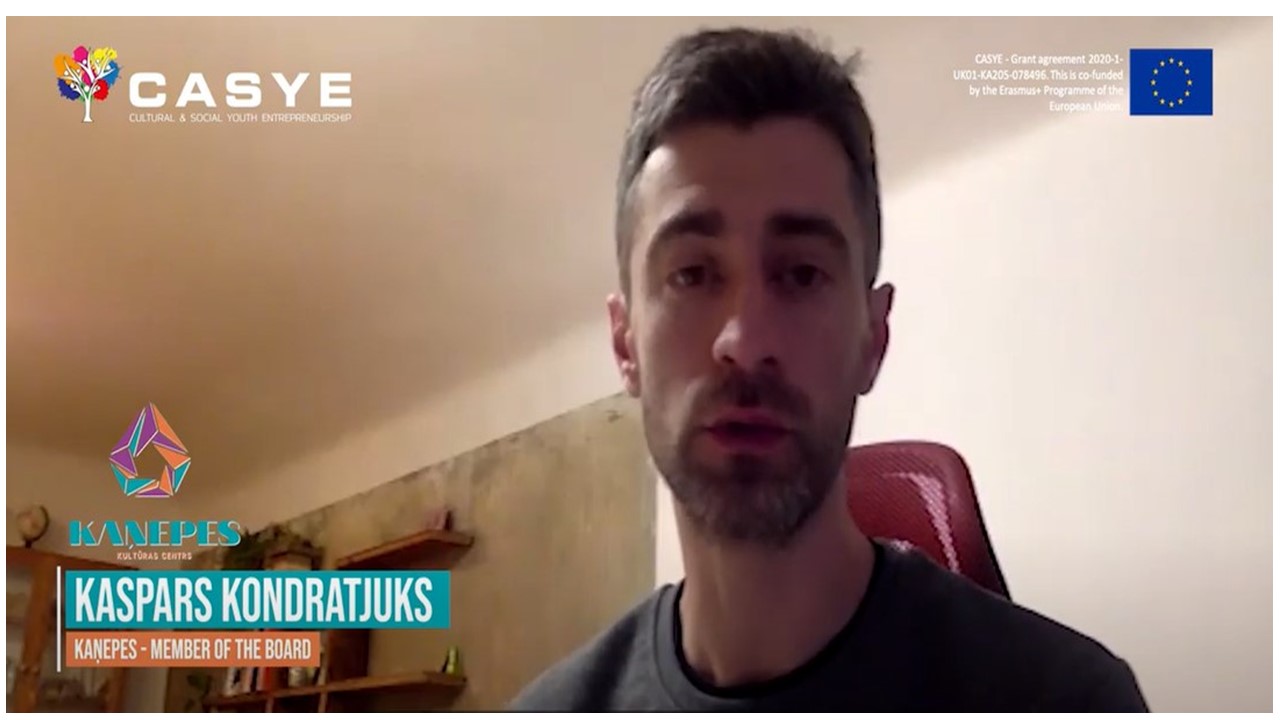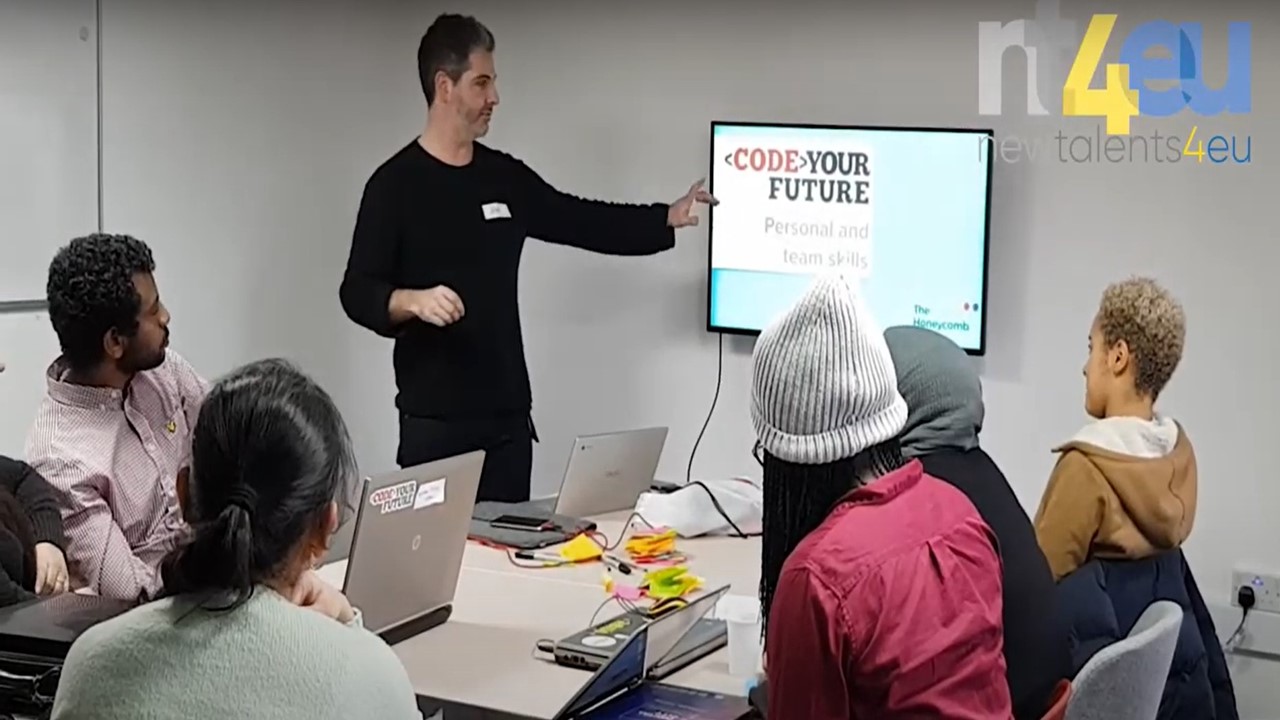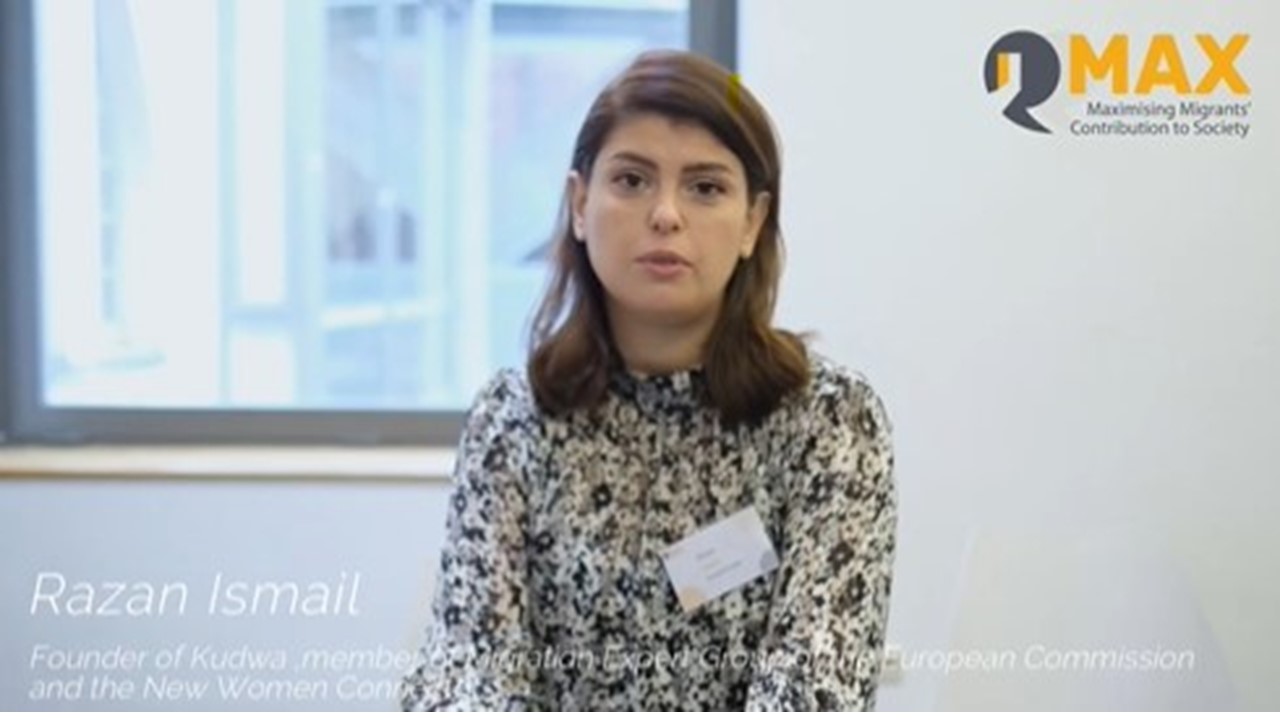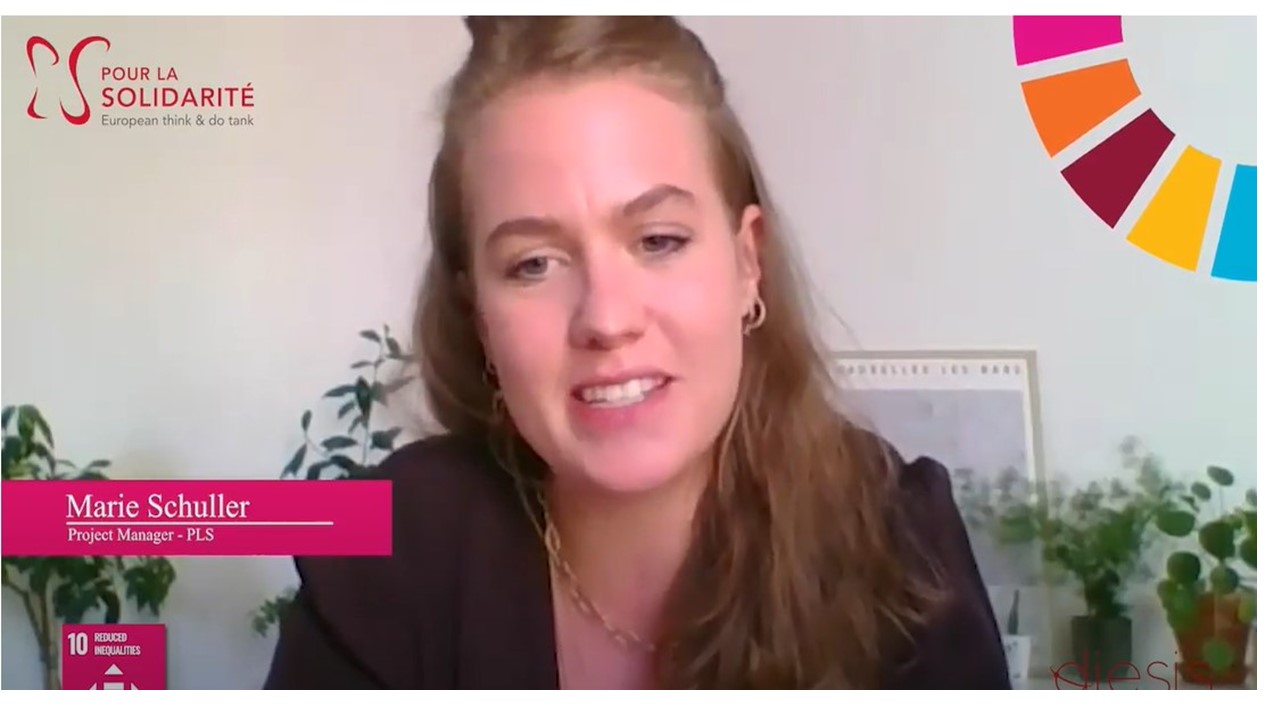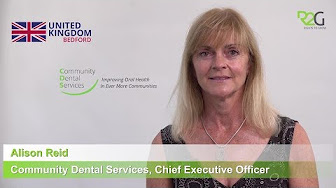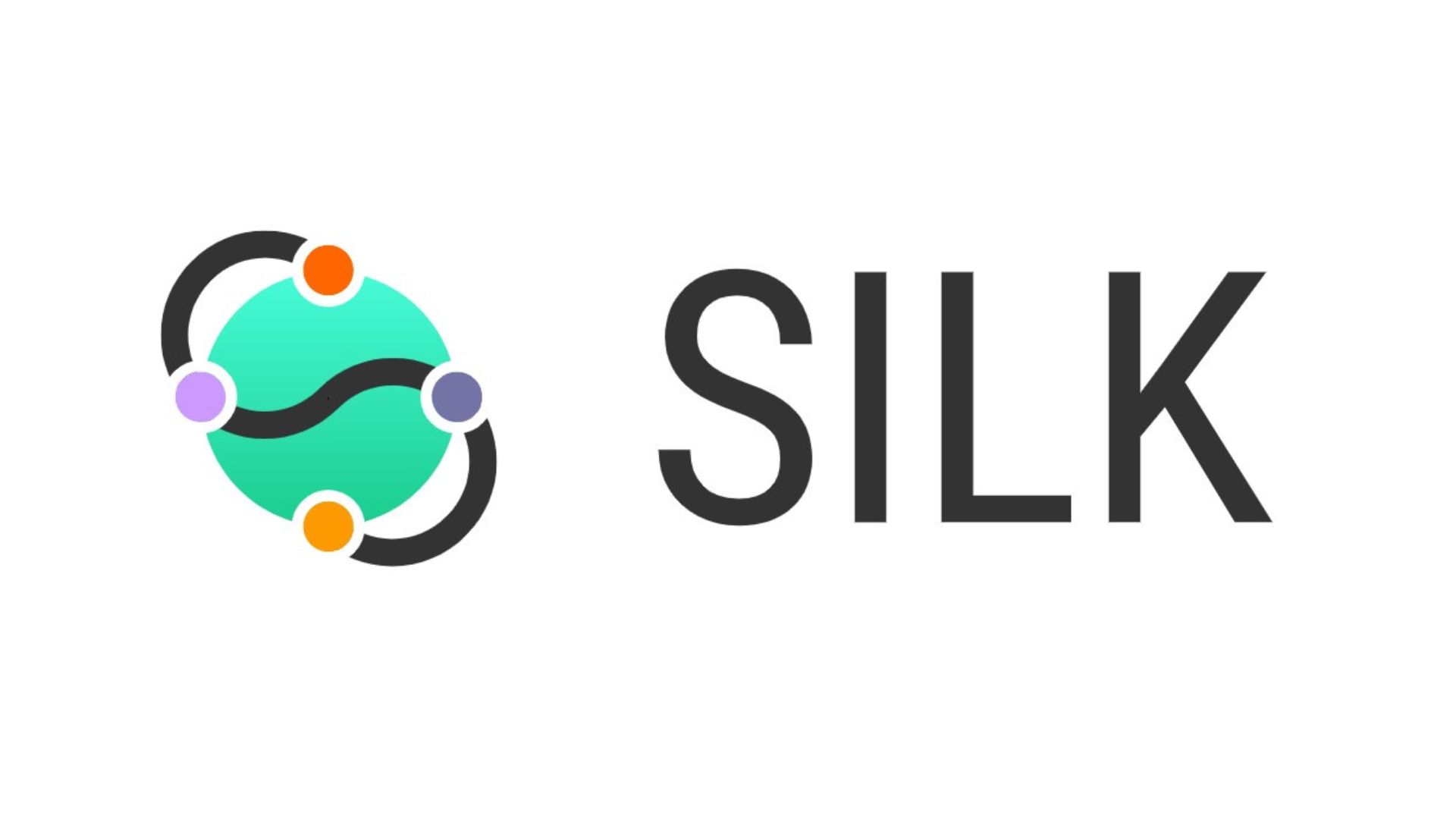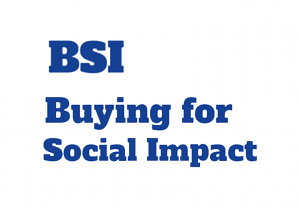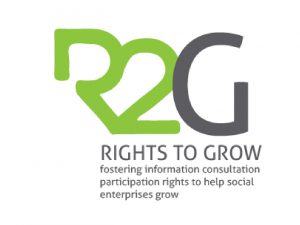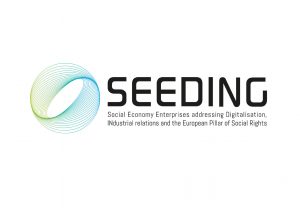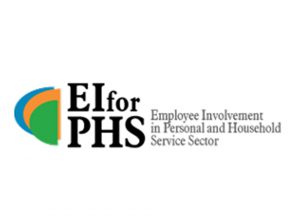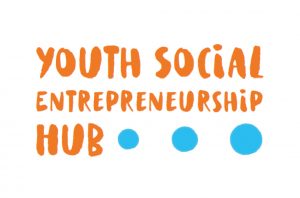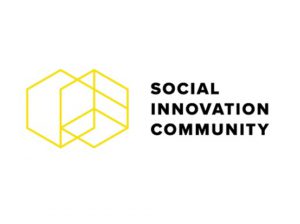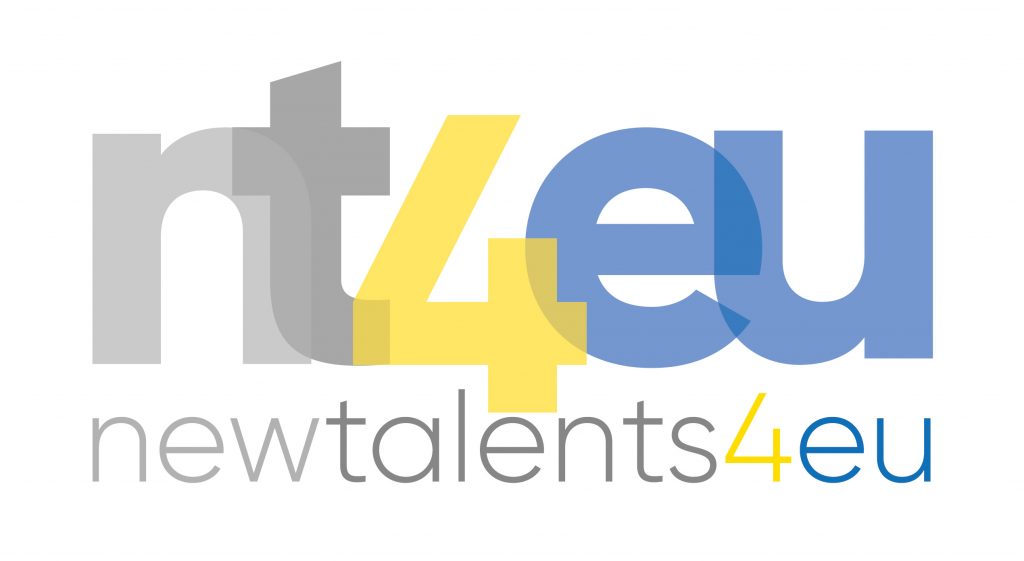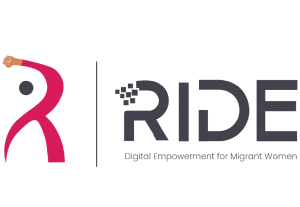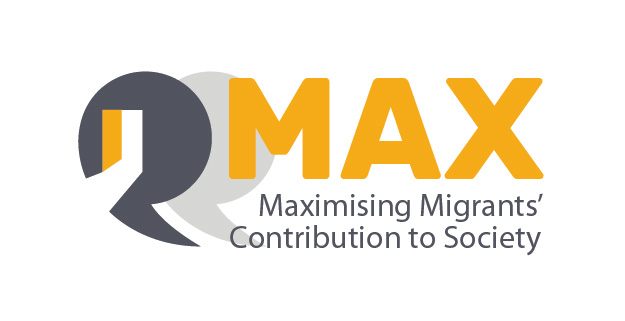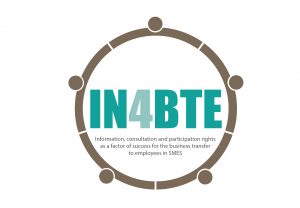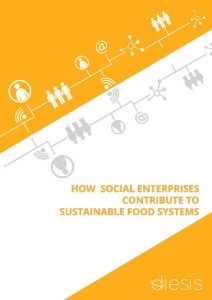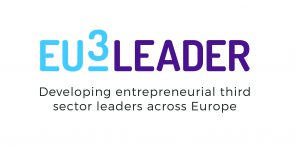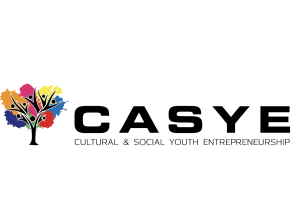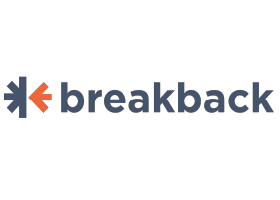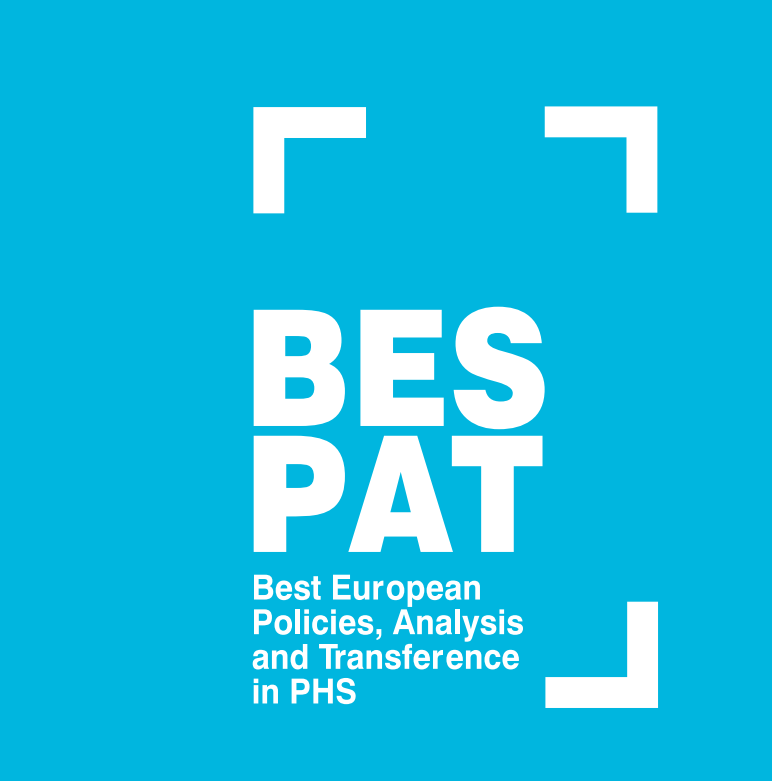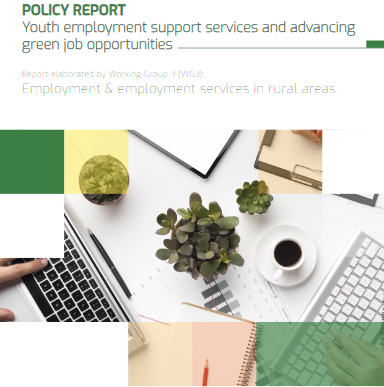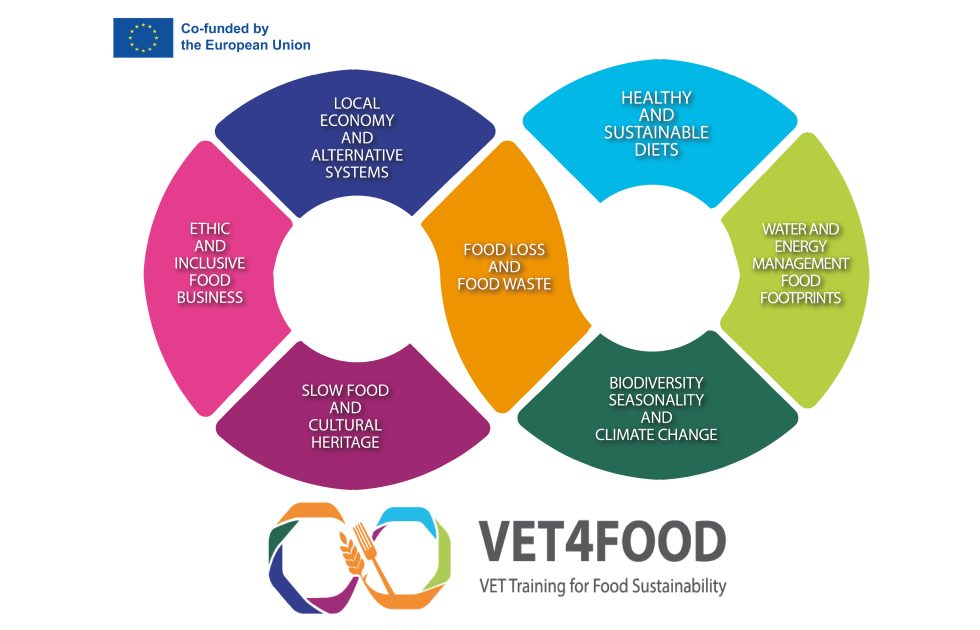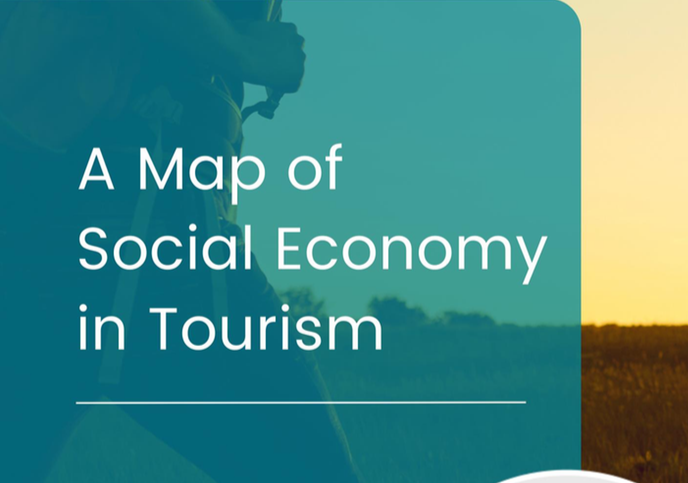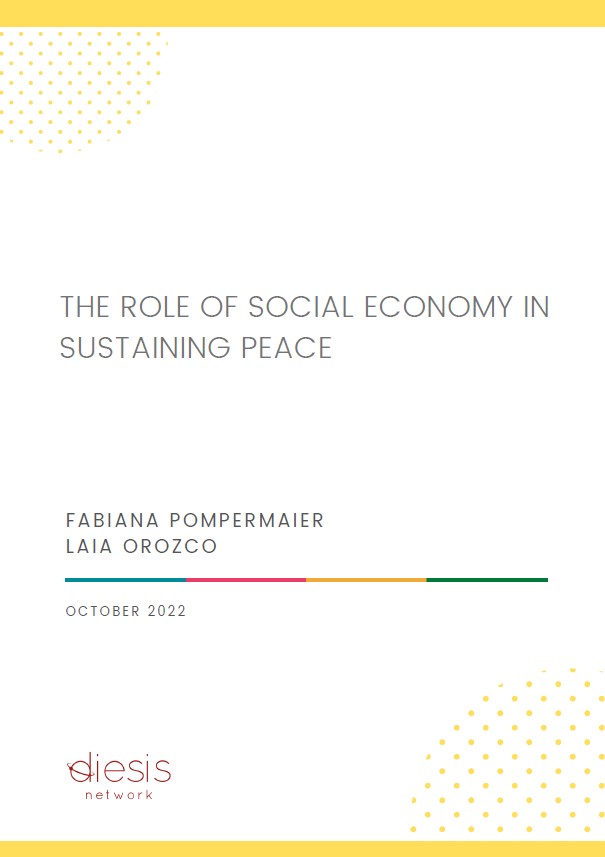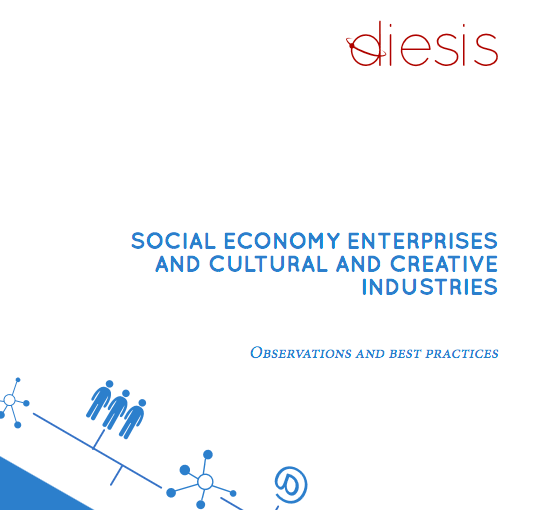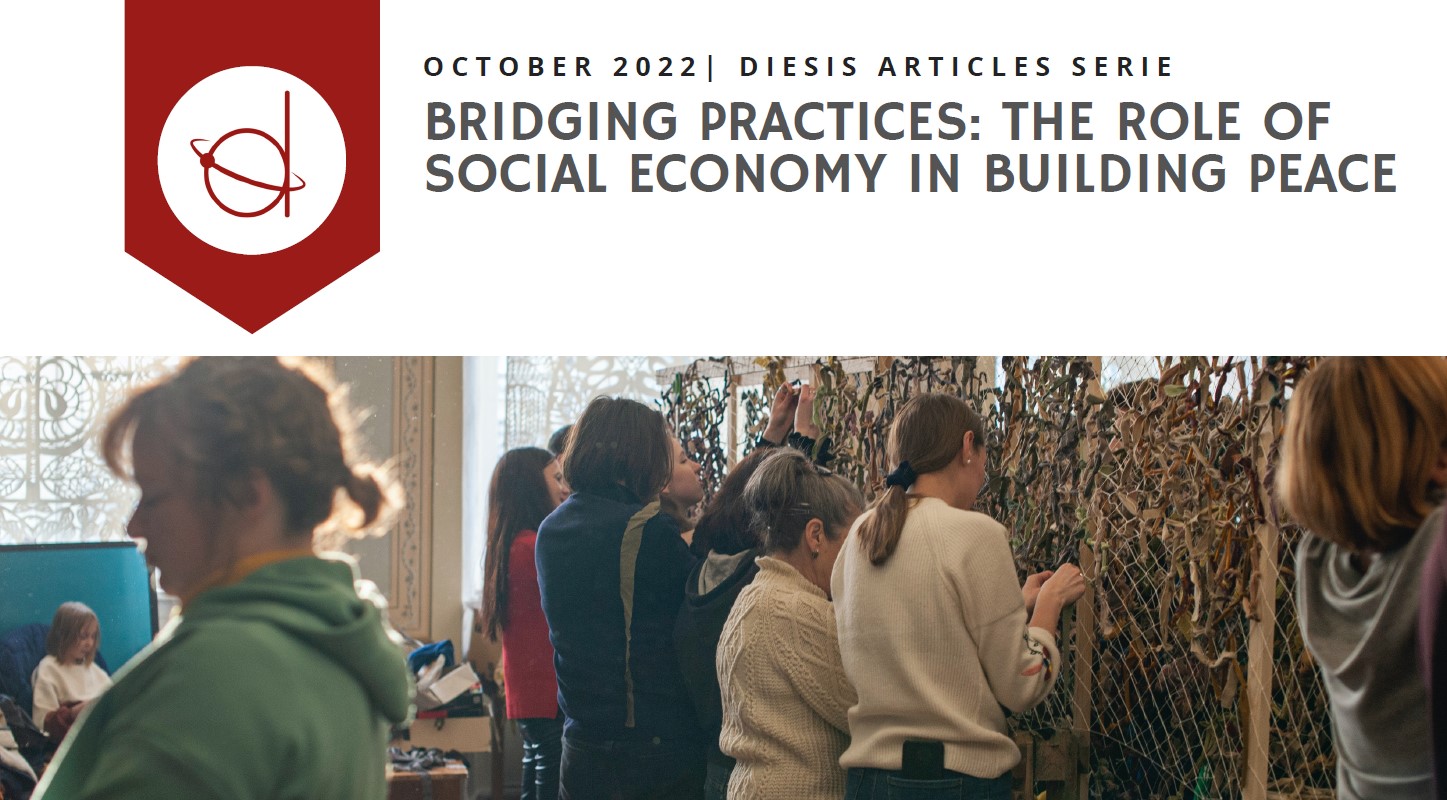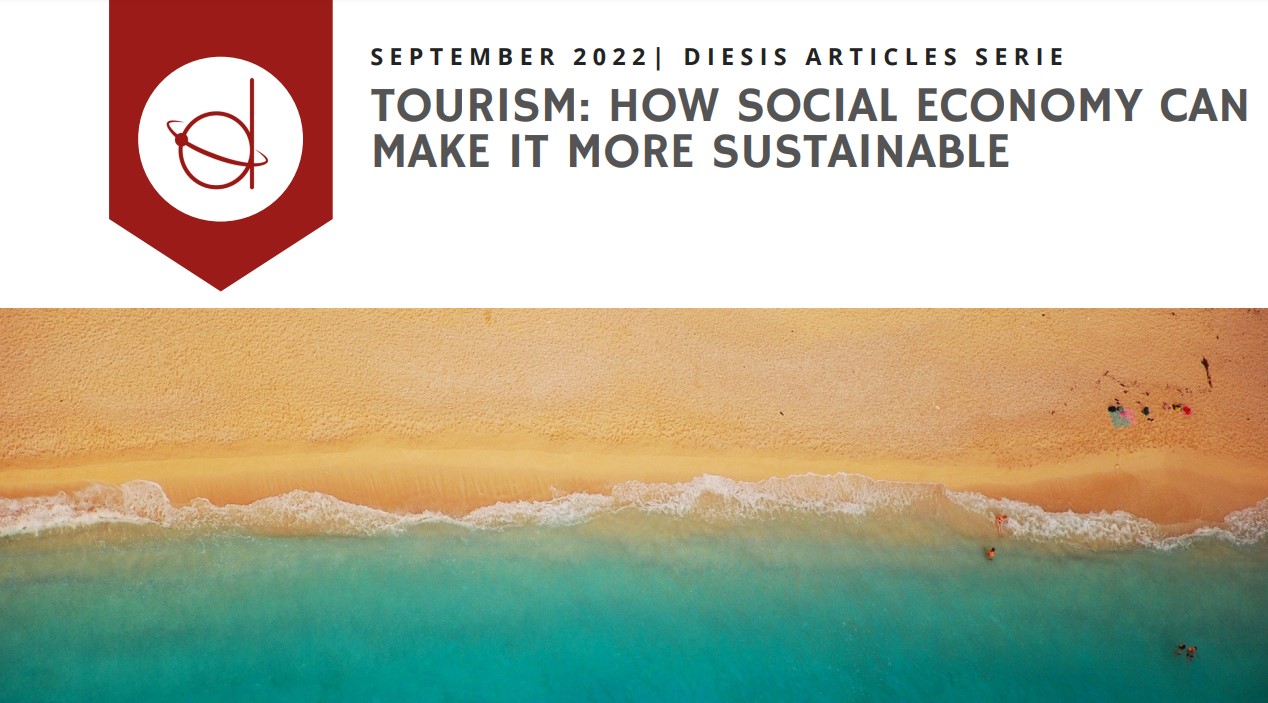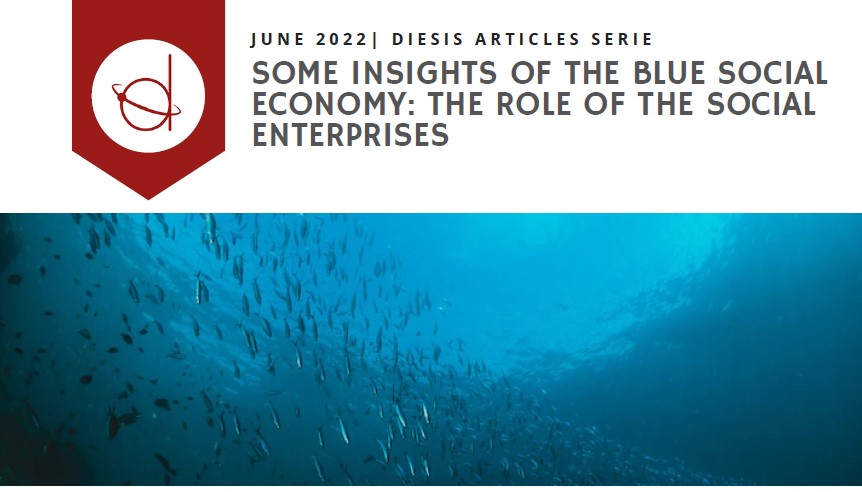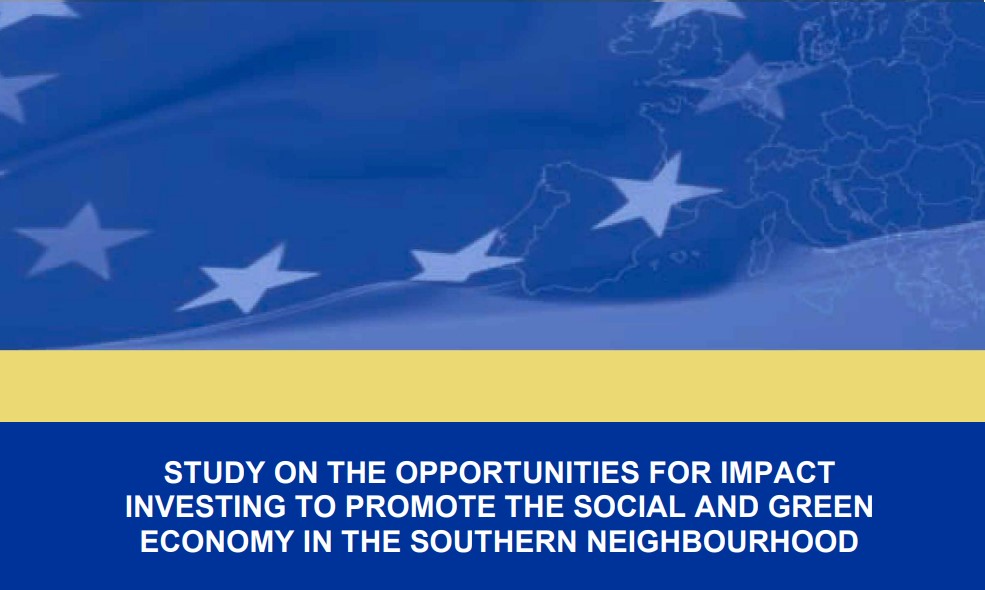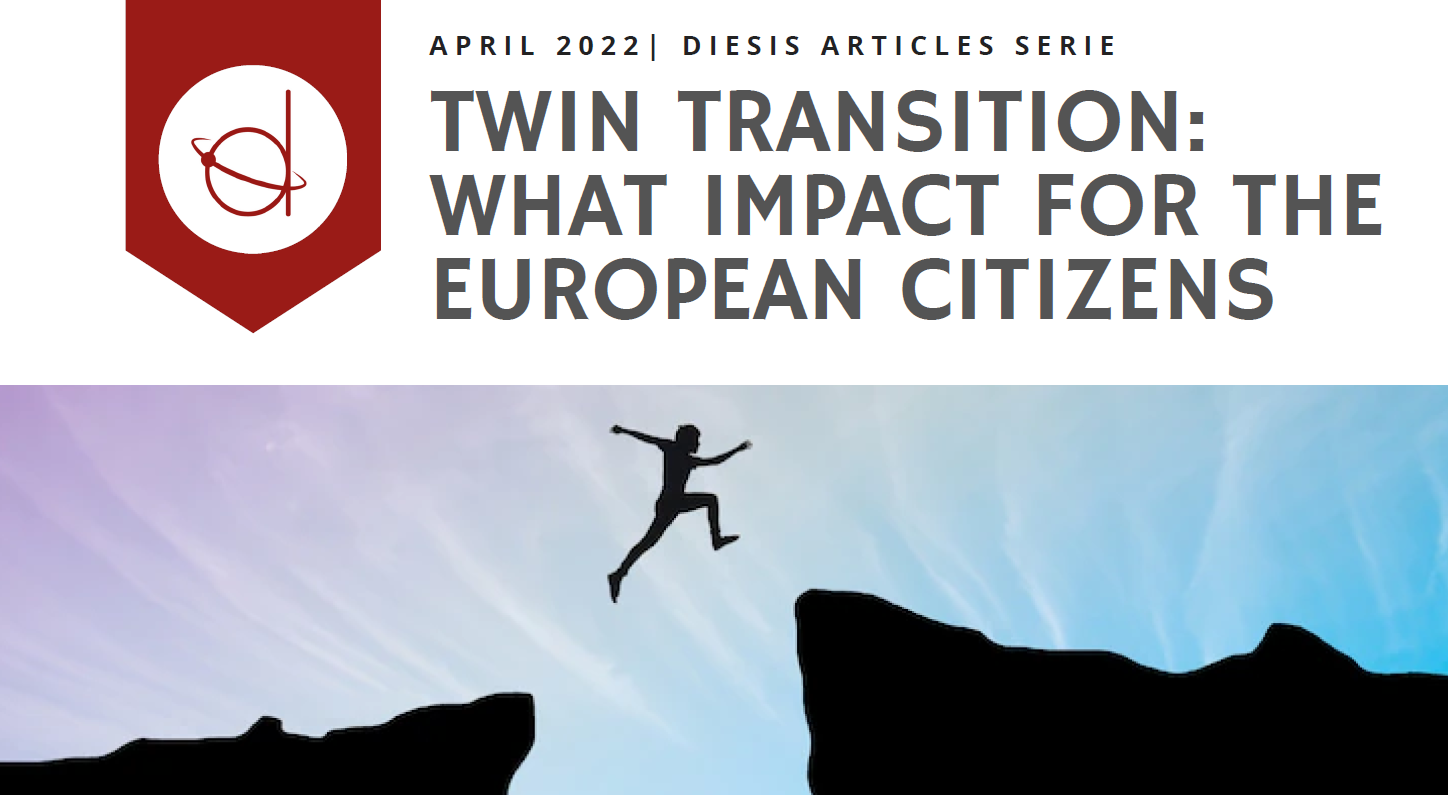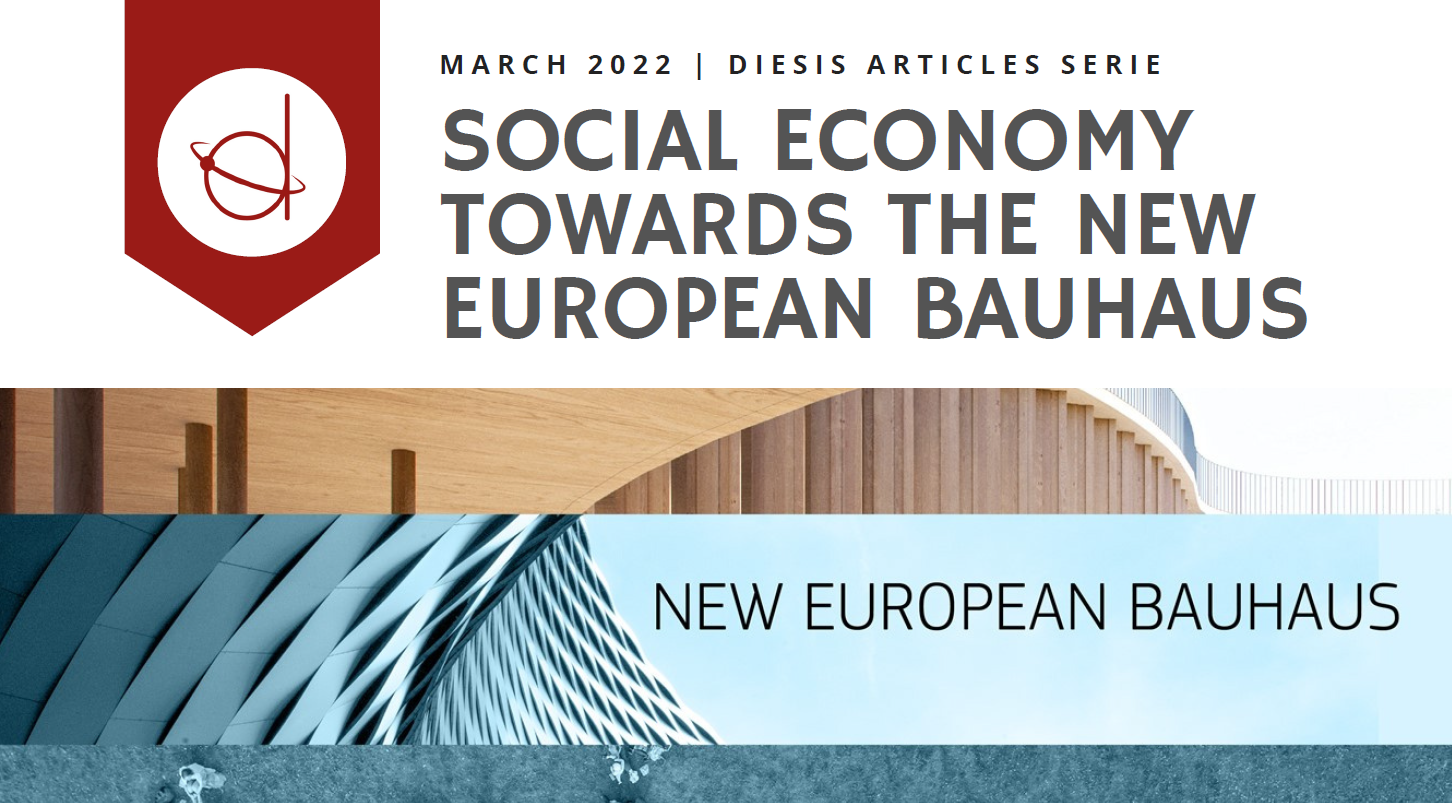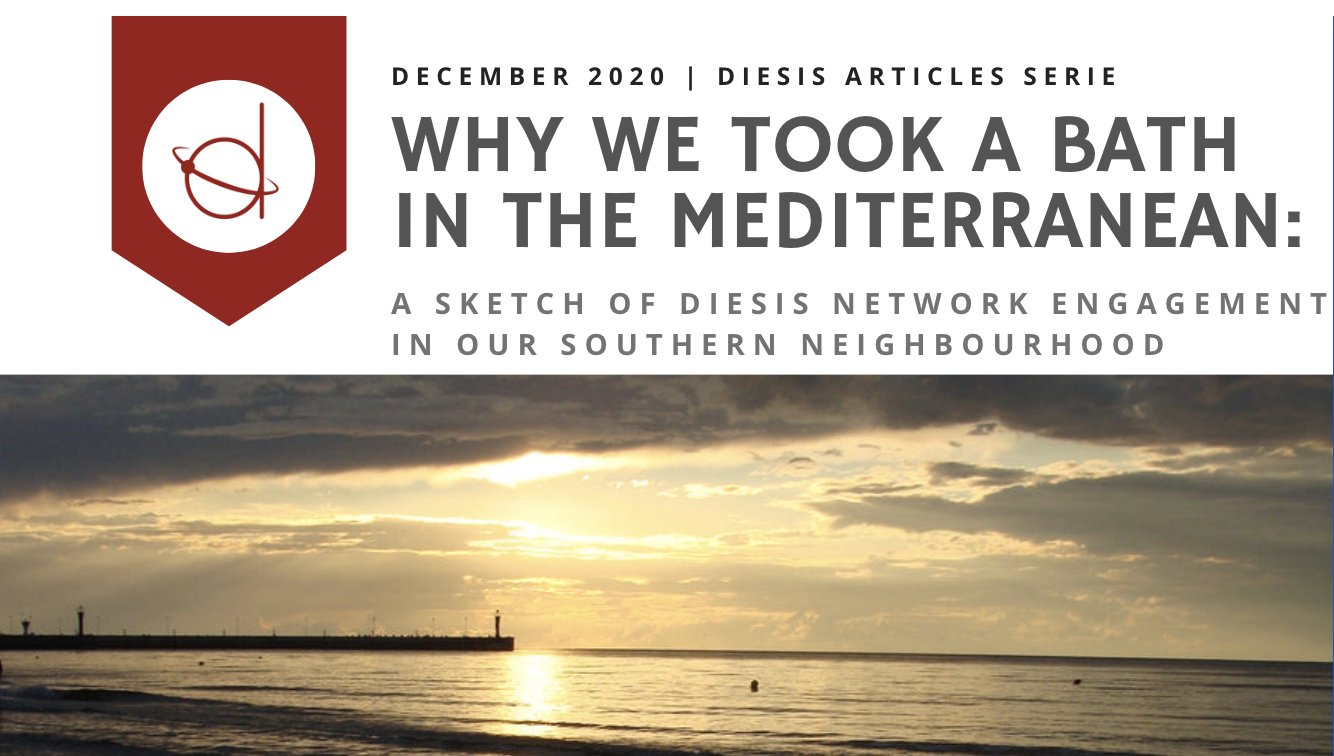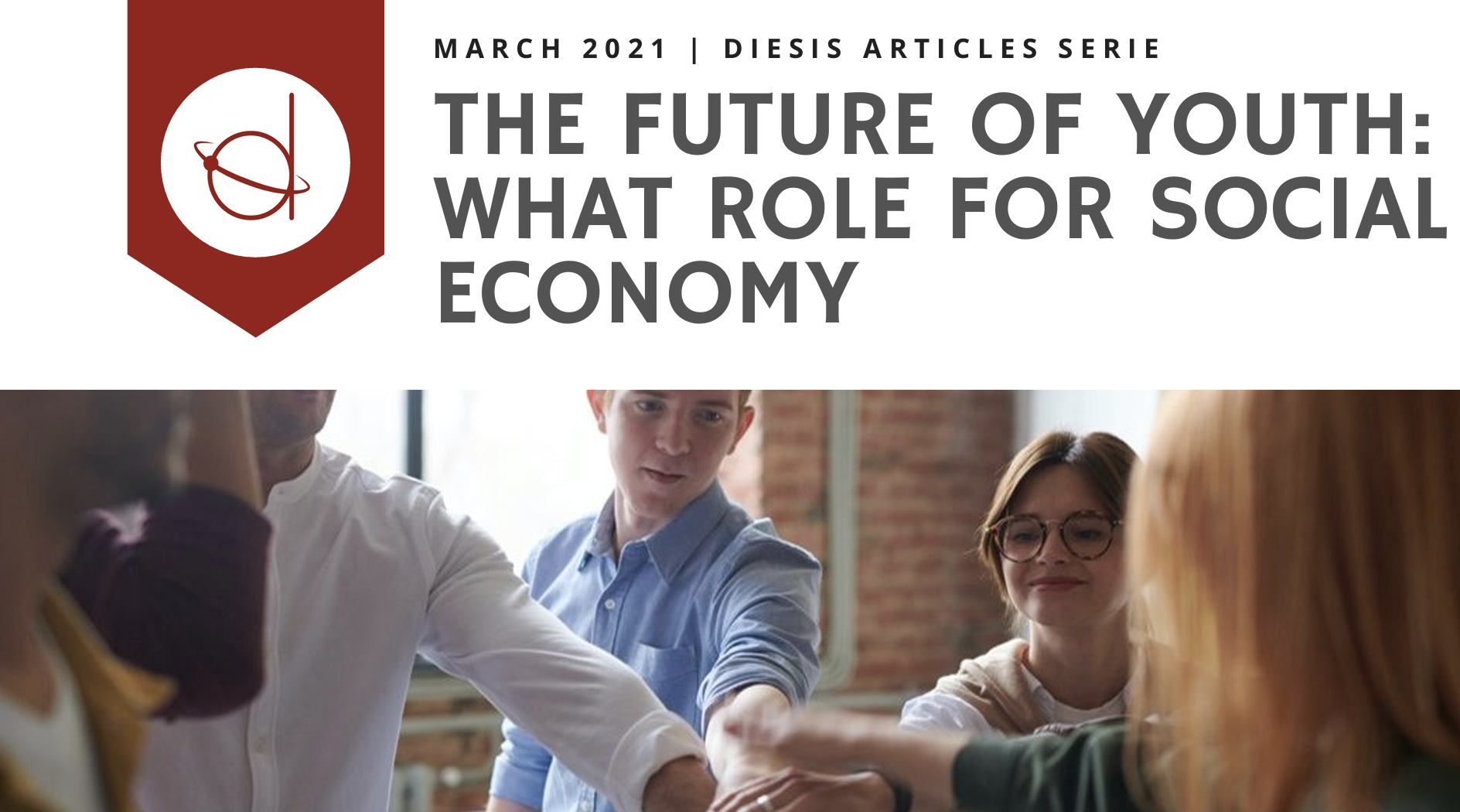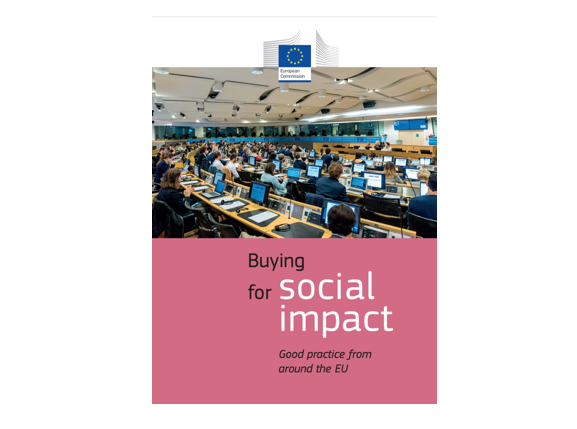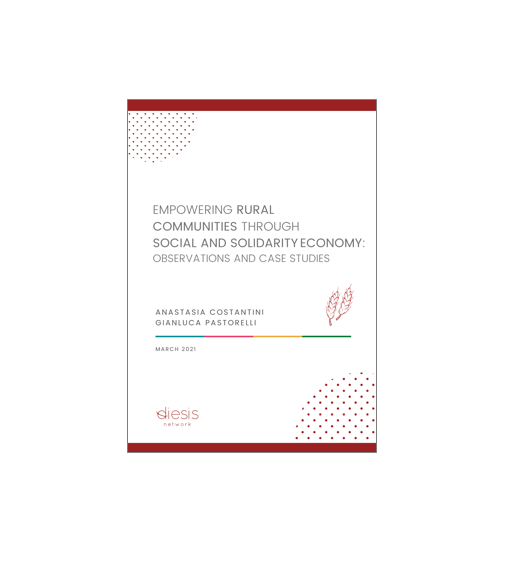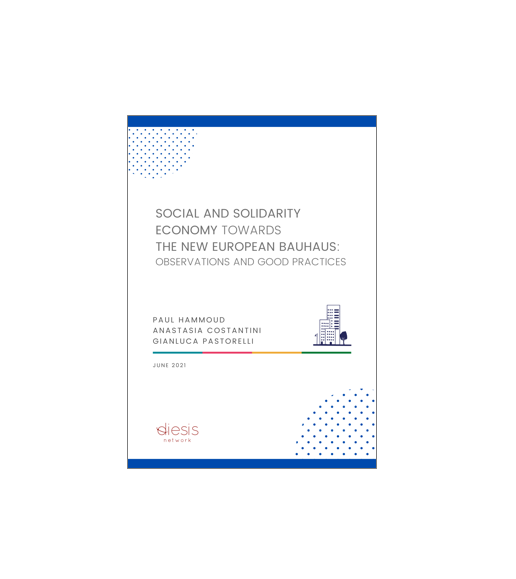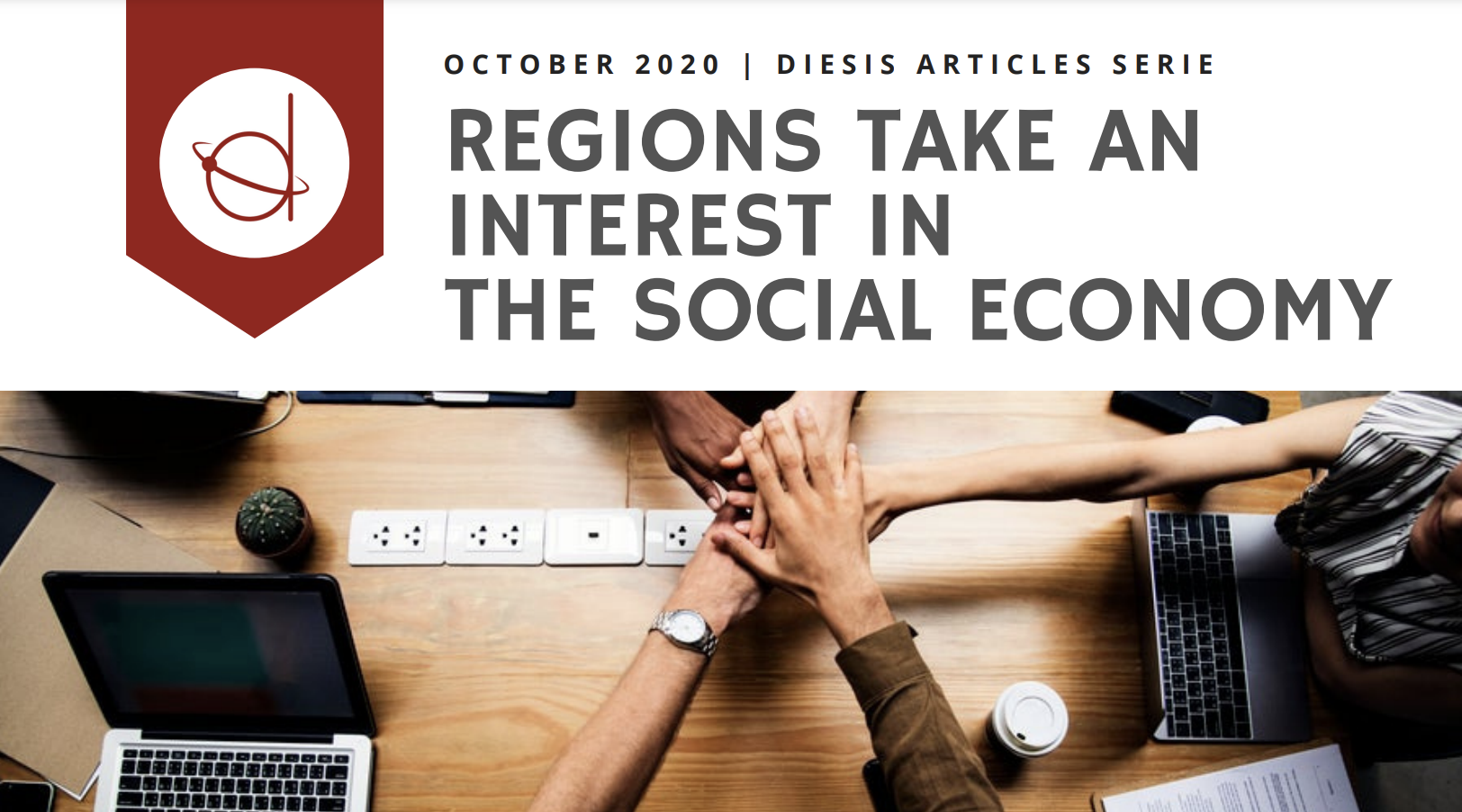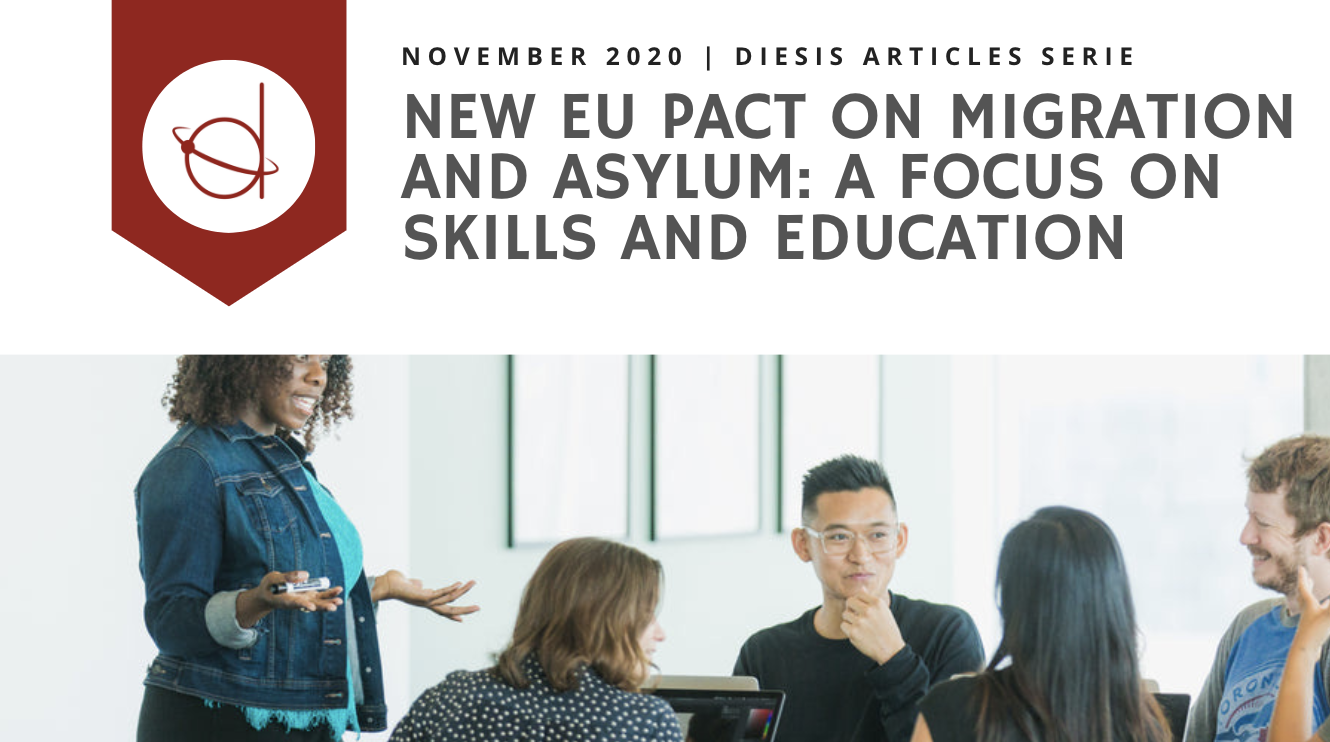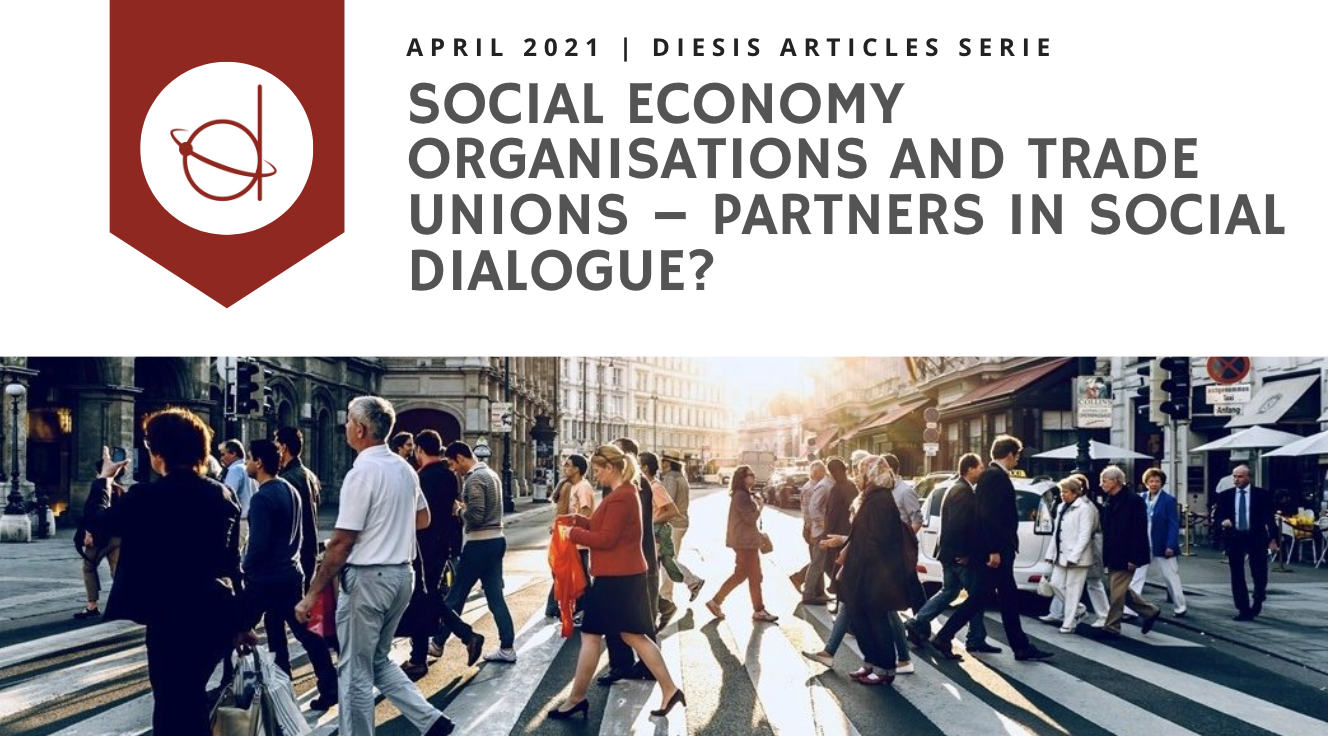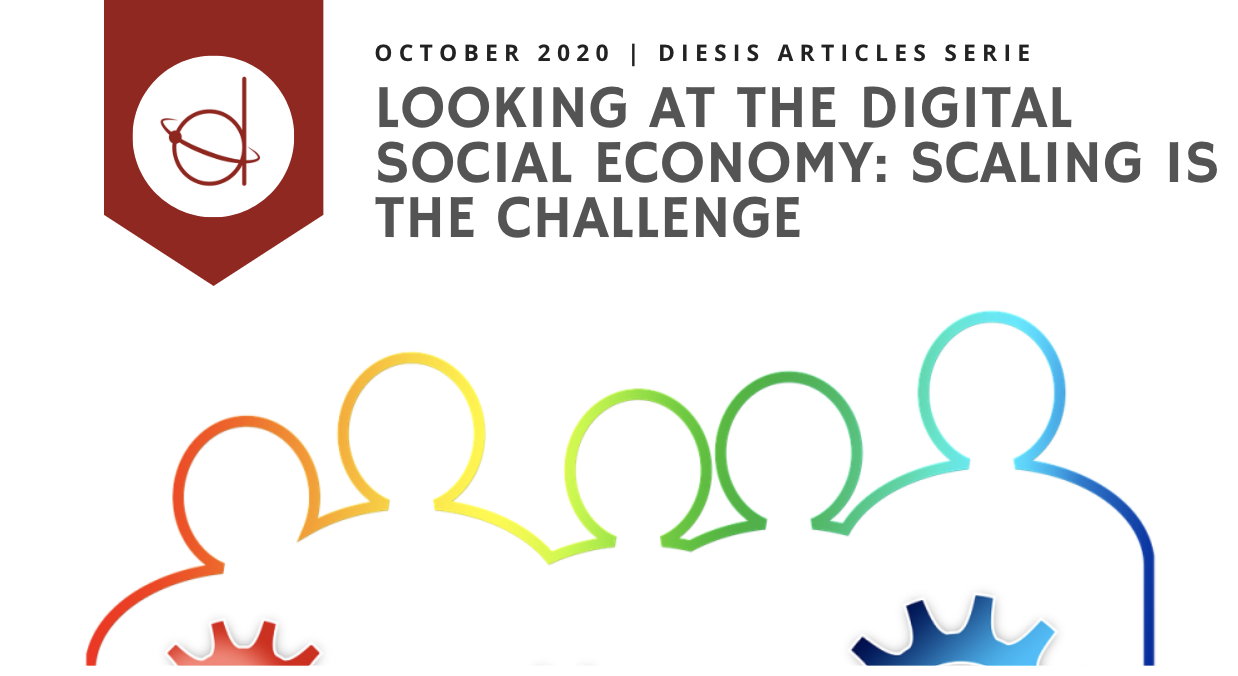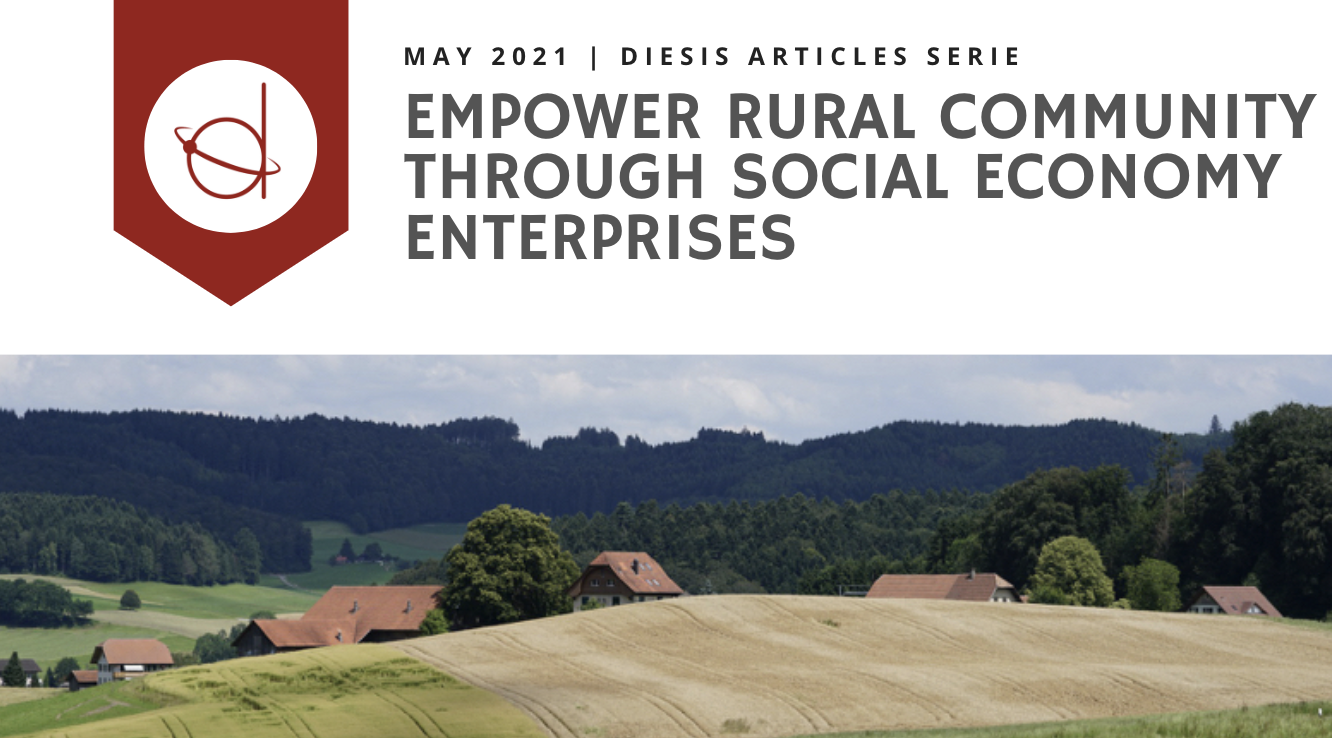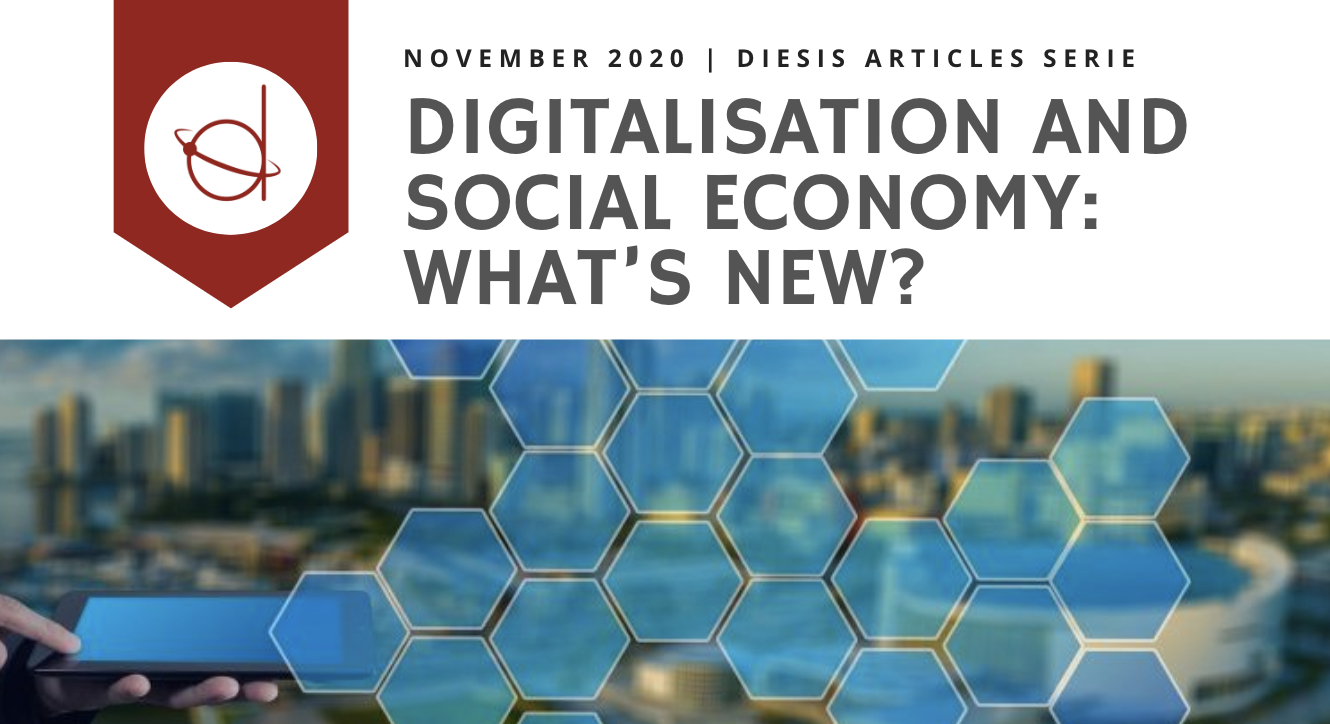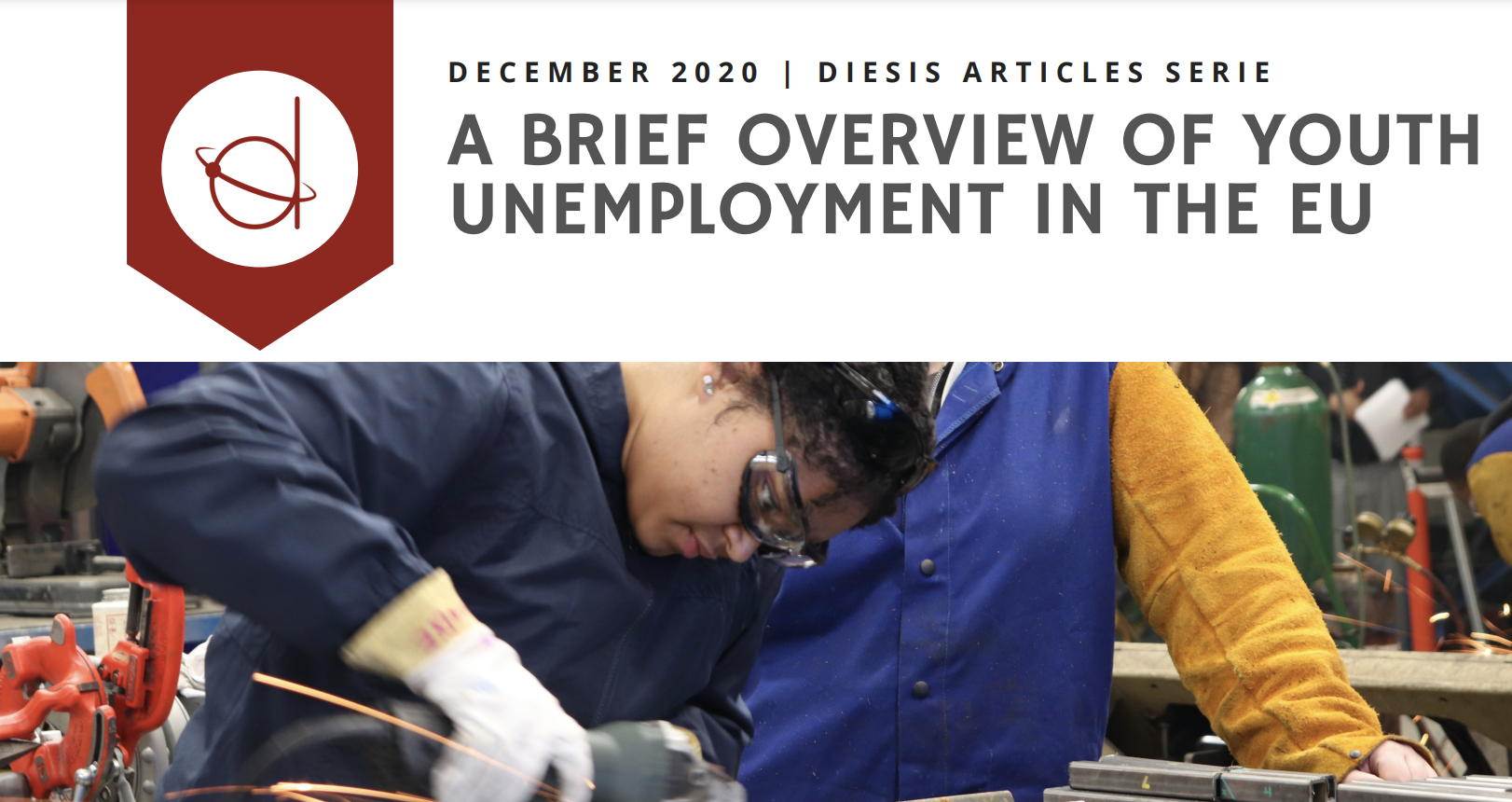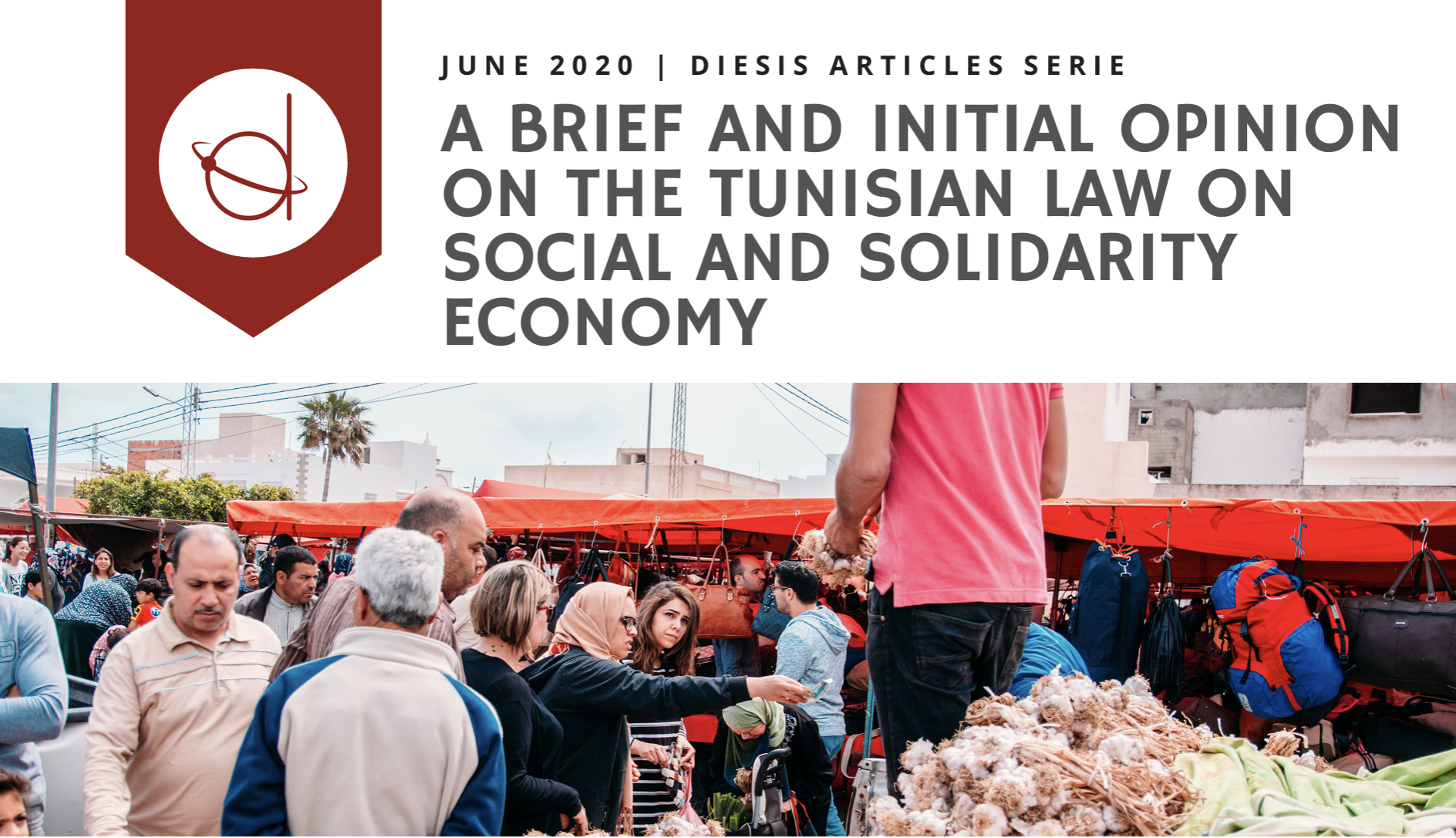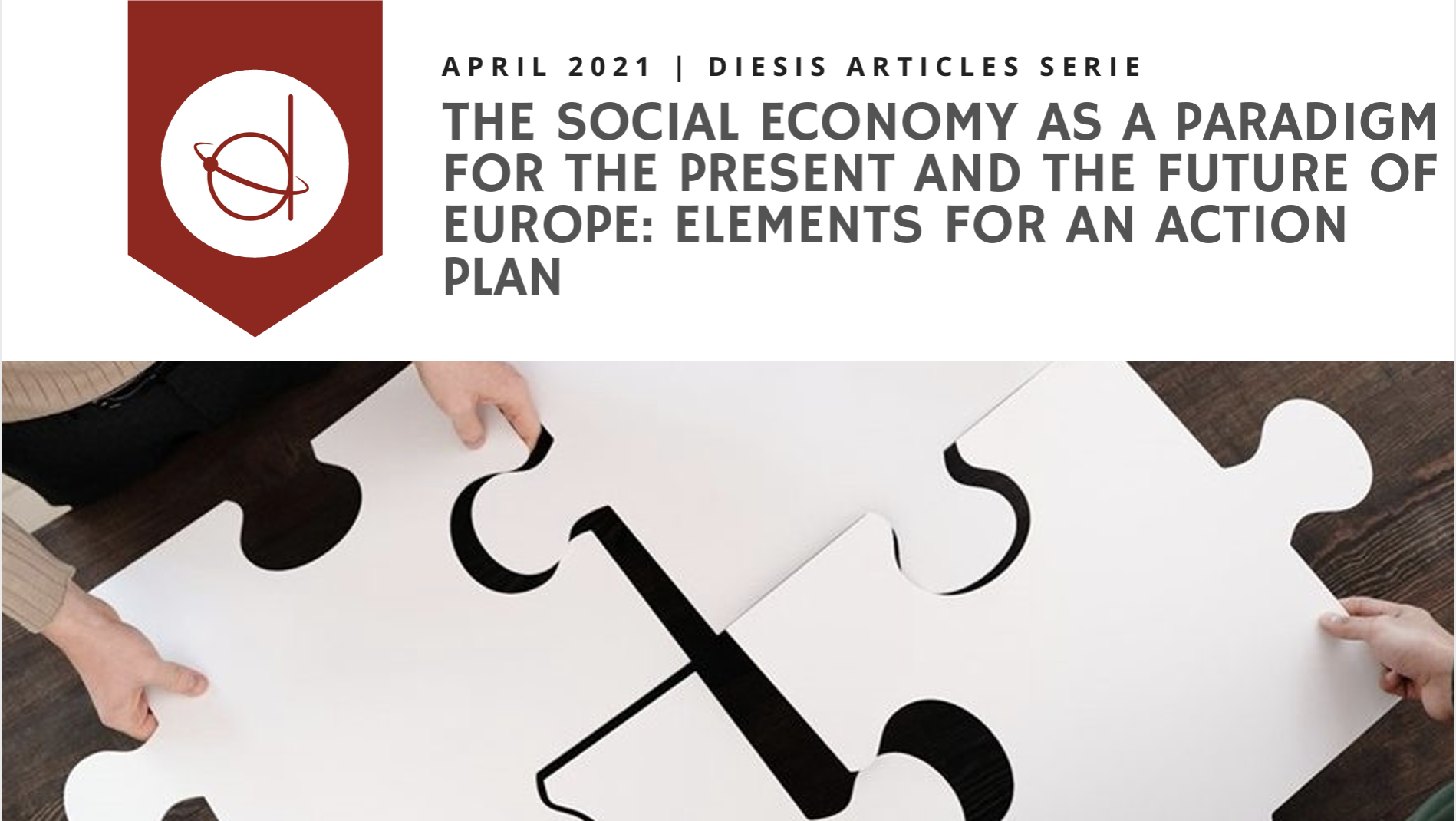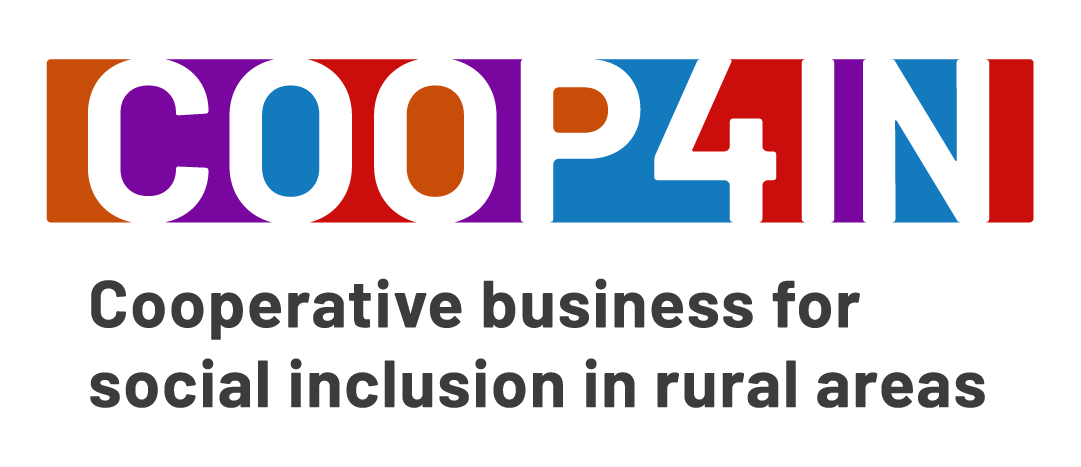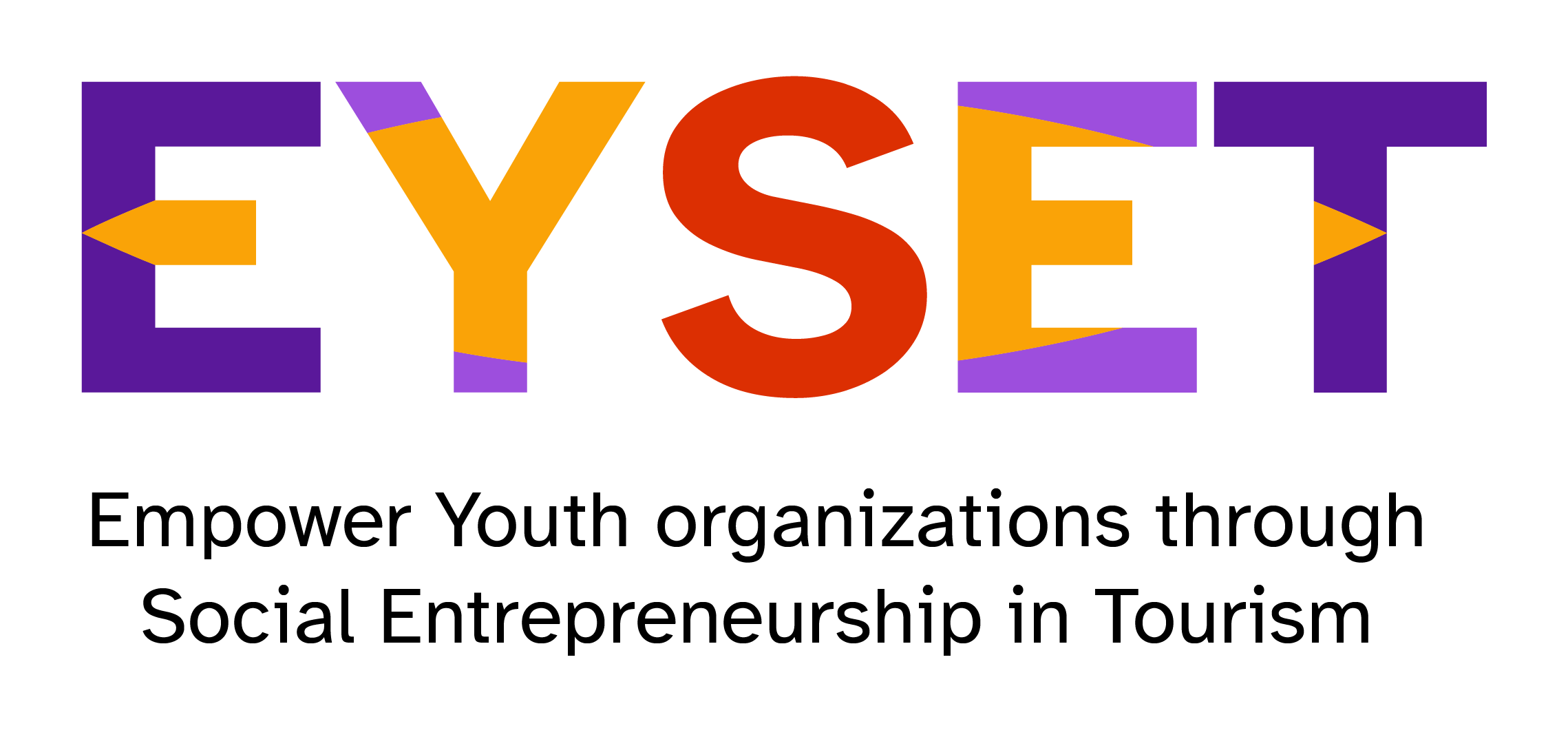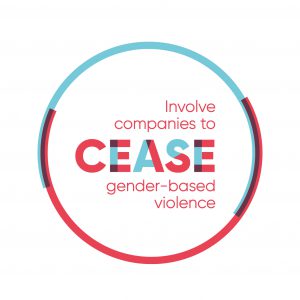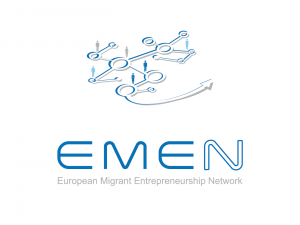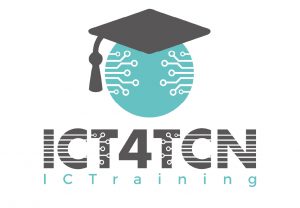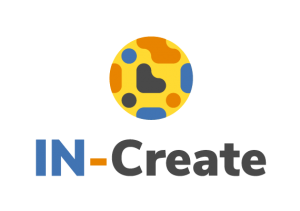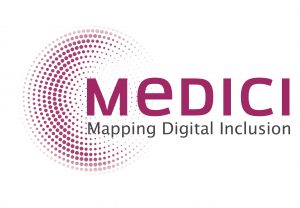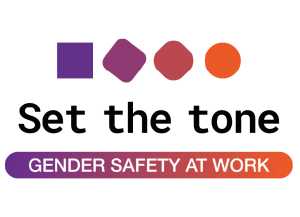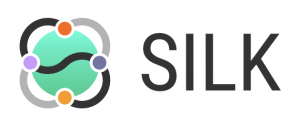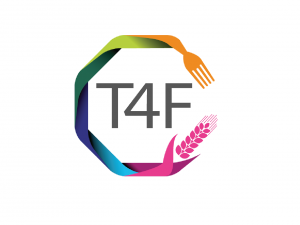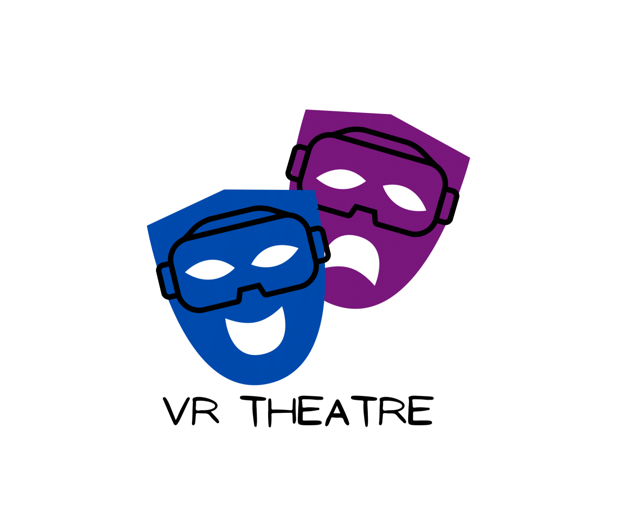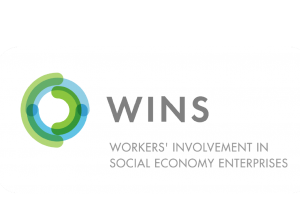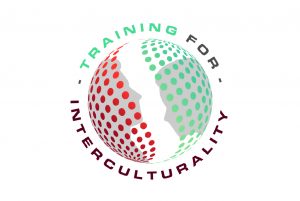RESOURCES
KEY DOCUMENTS AND PUBLICATIONS ON SOCIAL ECONOMY, FROM INSTITUTIONS AND STAKEHOLDERS
IMPORTANT MATERIALS PRODUCED BY DIESIS
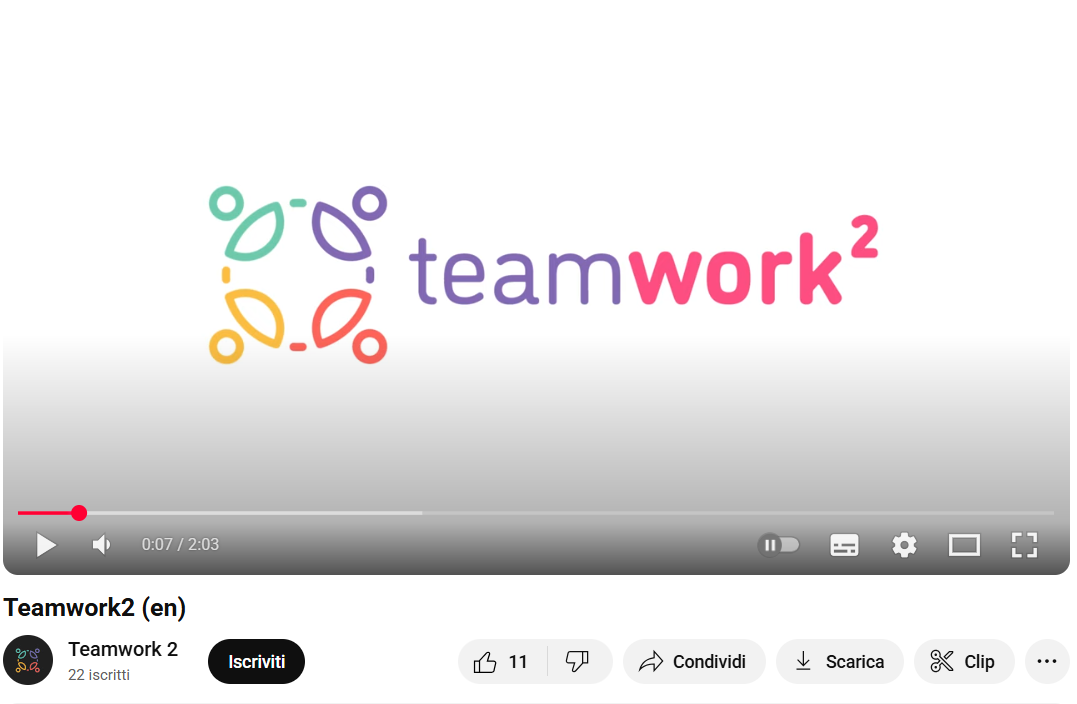
The project directly contributes to addressing sexual harassment (SH) at the workplace, which is a widespread and underreported form of gender-based violence across the EU. The TEAMWORK 2 project is a direct continuation of the REC-funded TEAMWORK 1 project (ending in April 2022), whose research activities resulted in a better understanding of the issue of sexual harassment at the workplace, and a set of recommendations that will contribute to its more effective addressing at the local and national level.
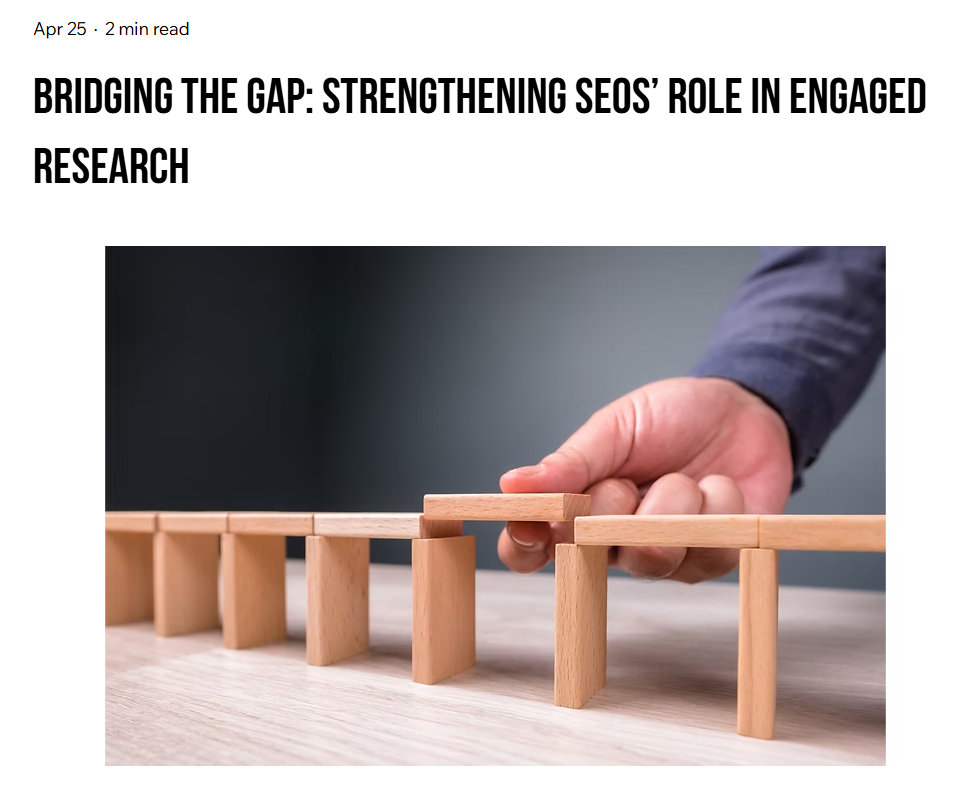
As part of the RISE project’s mission to foster inclusive and impactful research practices, a series of workshops was recently held across Germany, Spain, Belgium, Ireland, and others. These sessions aimed to uncover the challenges that Social Economy Organisations (SEOs) face in participating in Engaged Research (ER). The workshops brought together a diverse mix of SEO representatives and other key stakeholders from academia, policy, and the private sector to collaboratively explore barriers, gaps, and opportunities.
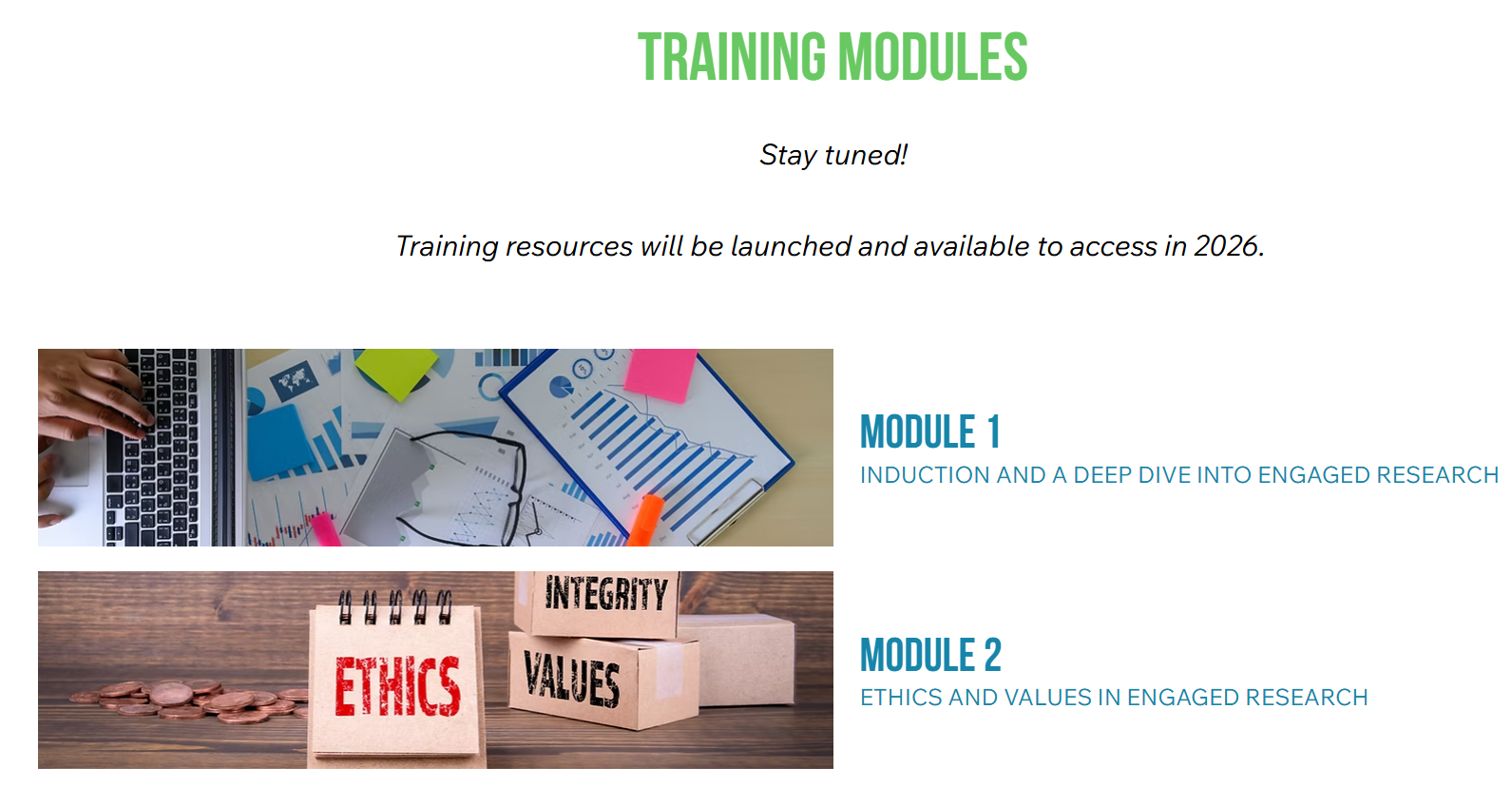
RISE will build the skills of social economy organisations (SEOs) to partner in projects with research institutes. This will enable more engaged research (ER), a practice that creates more socially impactful projects through collaboration between researchers and communities. SEOs can be the key to accessing communities and practitioner expertise and achieving real change, but they can lack the capacity necessary to navigate the research landscape. RISE will address this need.

RISE will build the skills of social economy organisations (SEOs) to partner in projects with research institutes. This will enable more engaged research (ER), a practice that creates more socially impactful projects through collaboration between researchers and communities. SEOs can be the key to accessing communities and practitioner expertise and achieving real change, but they can lack the capacity necessary to navigate the research landscape. RISE will address this need.

The project directly contributes to addressing sexual harassment (SH) at the workplace, which is a widespread and underreported form of gender-based violence across the EU. The TEAMWORK 2 project is a direct continuation of the REC-funded TEAMWORK 1 project (ending in April 2022), whose research activities resulted in a better understanding of the issue of sexual harassment at the workplace, and a set of recommendations that will contribute to its more effective addressing at the local and national level.
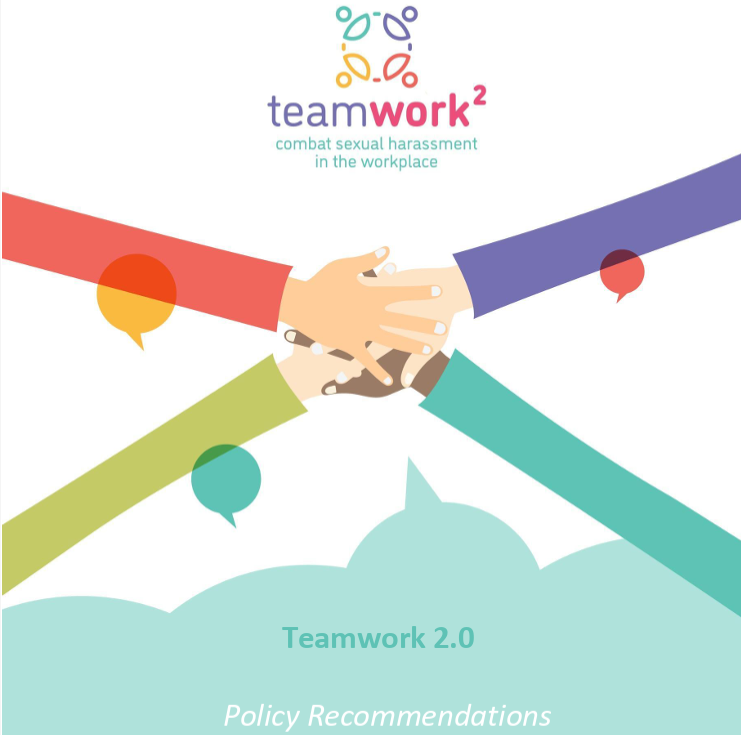
This Policy Paper presents national recommendations for consideration by policymakers and decision-makers within the countries participating in the Teamwork 2 project. These recommendations aim to inform potential improvements to local and European Union legislation addressing sexual harassment in the workplace.
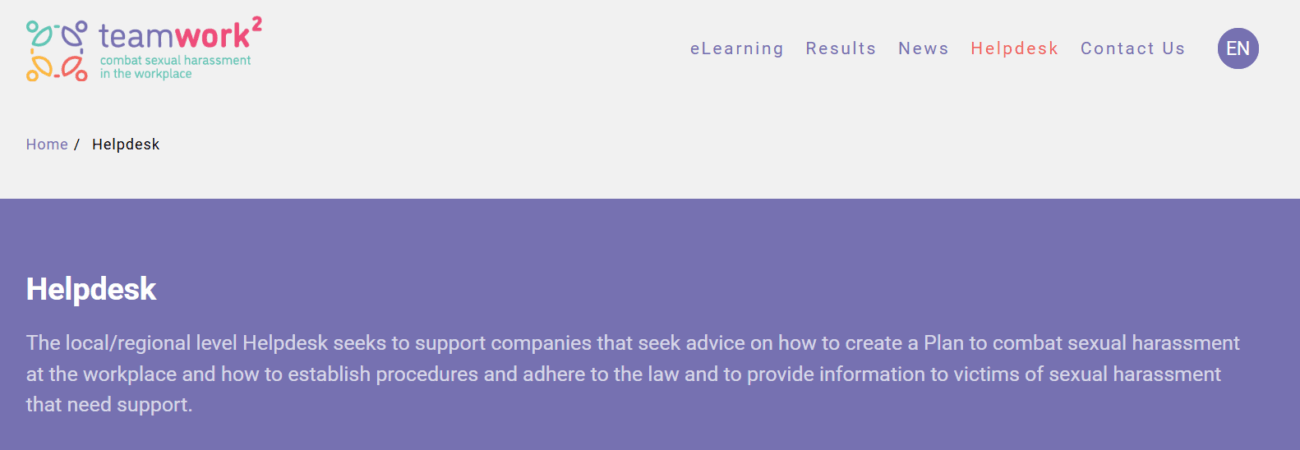
This e-learning course arises at a time when raising awareness and creating safe working environments has become more urgent than ever. In line with growing calls for respect, dignity and protection in workplaces, it offers a structured, accessible tool for organizations, employees and stakeholders across Europe to engage with the issue of sexual harassment. Within the EU context, where legal frameworks, cultural norms, and national practices vary, this course provides harmonized knowledge and practical guidance to help ensure consistency, accountability, and support. It covers definitions, legal rights, reporting mechanisms, staff policy development, and training—so as to equip all actors with the resources they need to prevent harassment and respond effectively when it occurs.
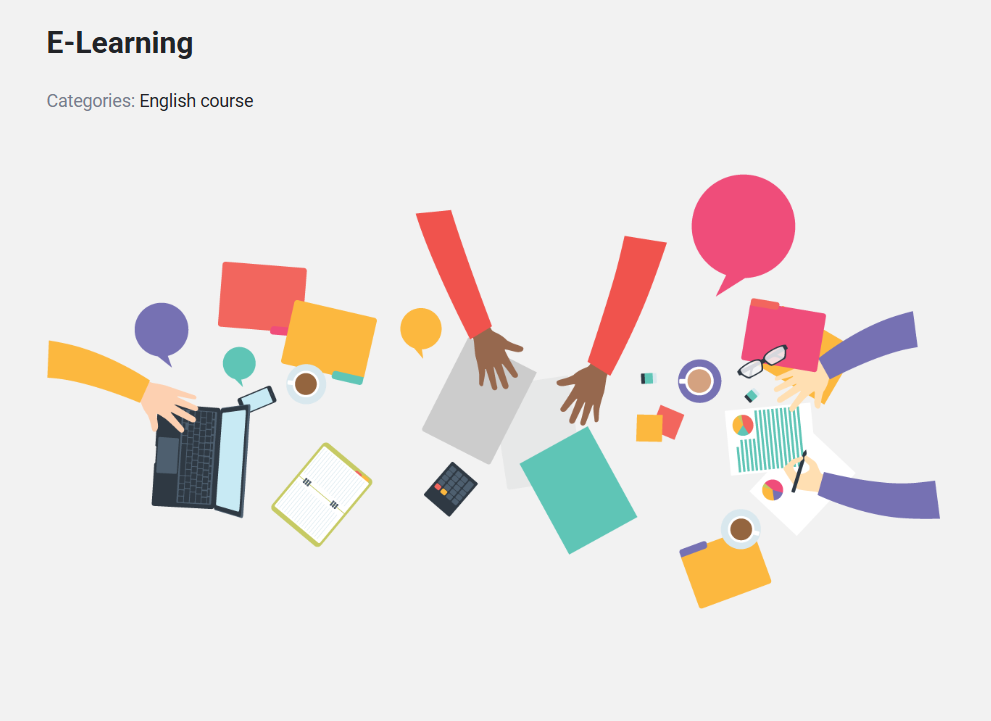
This e-learning course arises at a time when raising awareness and creating safe working environments has become more urgent than ever. In line with growing calls for respect, dignity and protection in workplaces, it offers a structured, accessible tool for organizations, employees and stakeholders across Europe to engage with the issue of sexual harassment. Within the EU context, where legal frameworks, cultural norms, and national practices vary, this course provides harmonized knowledge and practical guidance to help ensure consistency, accountability, and support. It covers definitions, legal rights, reporting mechanisms, staff policy development, and training—so as to equip all actors with the resources they need to prevent harassment and respond effectively when it occurs.
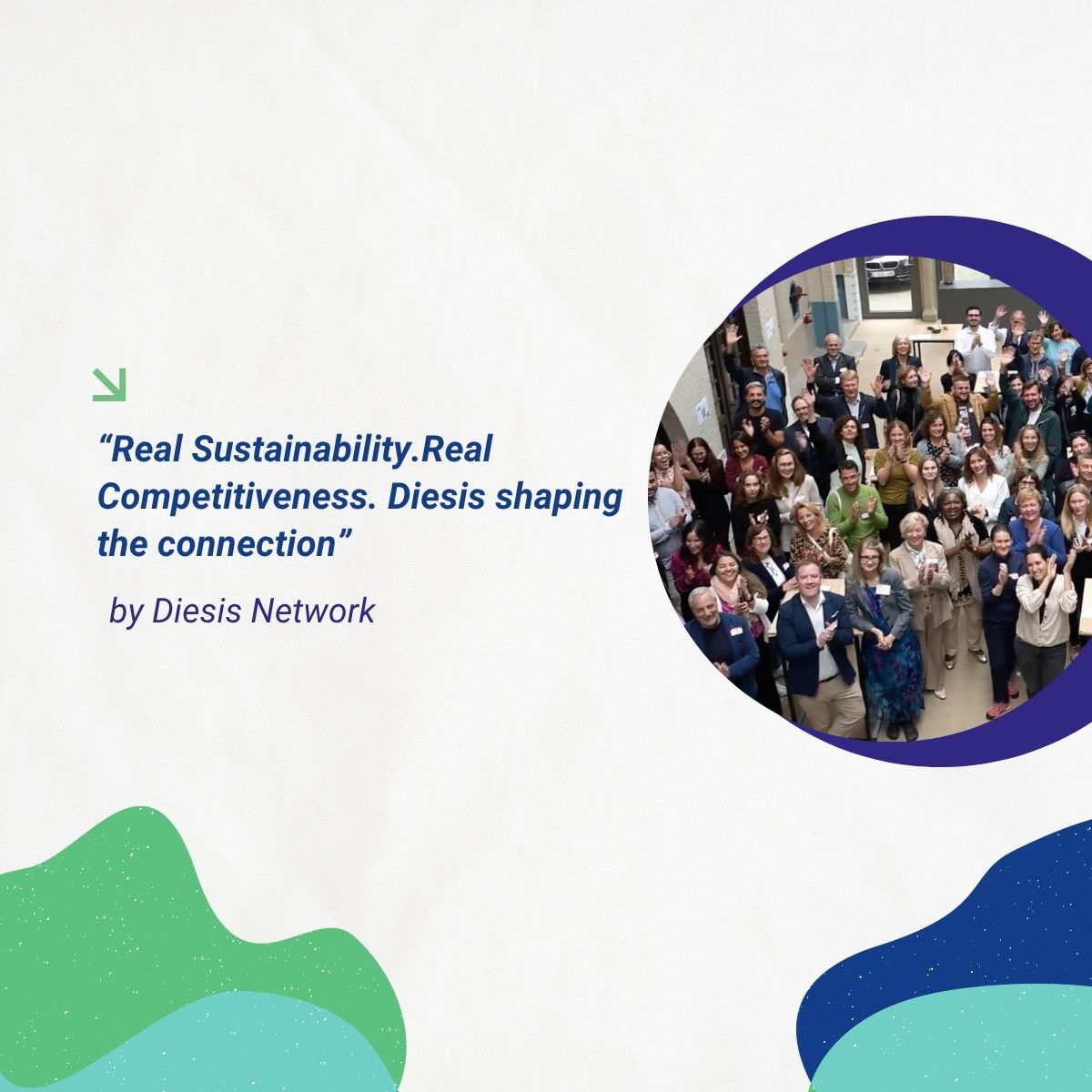
Real Sustainability. Real Competitiveness. Diesis shaping the connection.
Europe’s next decade will test whether we can grow smarter and fairer — holding onto prosperity while keeping value rooted in our territories. Following our Brussels event “Blending Blue & Green for Real Sustainability”, we share in this piece the continuation of that reflection — and the concrete steps that will guide our ecosystem's collective work in the coming years.

As part of the RISE project’s mission to foster inclusive and impactful research practices, a series of workshops was recently held across Germany, Spain, Belgium, Ireland, and others. These sessions aimed to uncover the challenges that Social Economy Organisations (SEOs) face in participating in Engaged Research (ER). The workshops brought together a diverse mix of SEO representatives and other key stakeholders from academia, policy, and the private sector to collaboratively explore barriers, gaps, and opportunities.

RISE will build the skills of social economy organisations (SEOs) to partner in projects with research institutes. This will enable more engaged research (ER), a practice that creates more socially impactful projects through collaboration between researchers and communities. SEOs can be the key to accessing communities and practitioner expertise and achieving real change, but they can lack the capacity necessary to navigate the research landscape. RISE will address this need.

RISE will build the skills of social economy organisations (SEOs) to partner in projects with research institutes. This will enable more engaged research (ER), a practice that creates more socially impactful projects through collaboration between researchers and communities. SEOs can be the key to accessing communities and practitioner expertise and achieving real change, but they can lack the capacity necessary to navigate the research landscape. RISE will address this need.
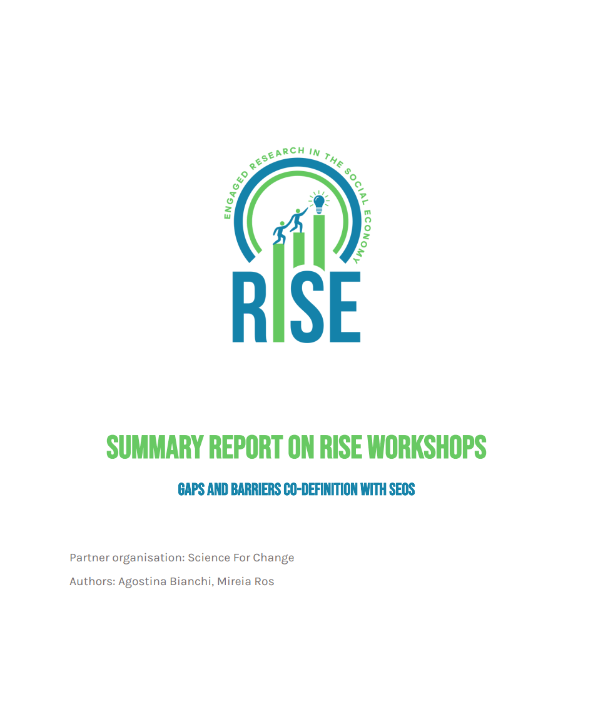
This document is part of the work carried out in WP2 – Learning Content. One of the key objectives of this WP is to identify and better define the gaps and barriers faced by Social Economy Organisations (SEOs) staff when participating in Engaged Research (ER). This has been achieved through a series of workshops, implemented in the countries of each RISE partner, ensuring that these gaps are co-defined collaboratively with all relevant stakeholders.

This Policy Paper presents national recommendations for consideration by policymakers and decision-makers within the countries participating in the Teamwork 2 project. These recommendations aim to inform potential improvements to local and European Union legislation addressing sexual harassment in the workplace.
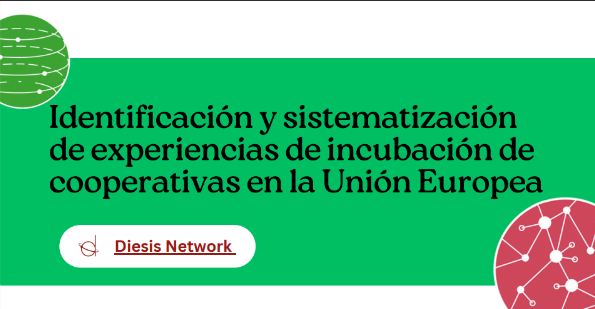
The present study emerges at a time of growing interest in social economy models as viable alternatives to promote sustainable development, equity, and inclusion. Within the context of the European Union, cooperatives have proven to be effective tools in addressing social and economic challenges, such as the energy transition, social cohesion, and environmental sustainability.
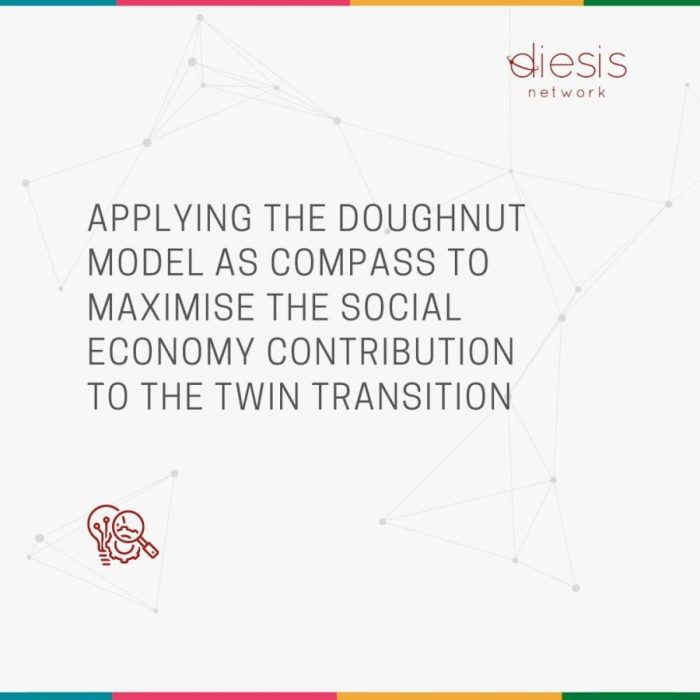
Applying the Doughnut Model as Compass to Maximise the Social Economy Contribution to the Twin Transition
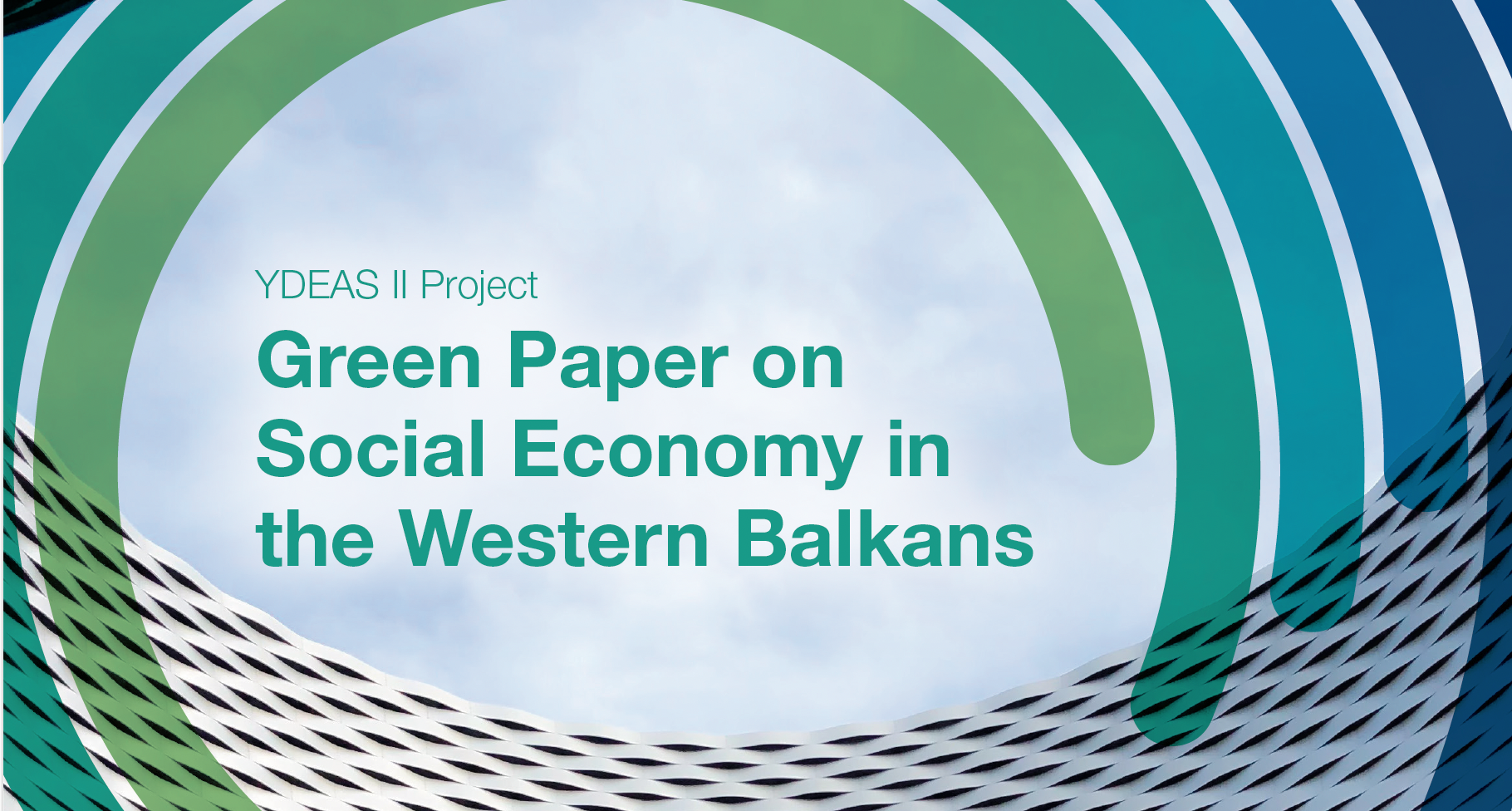
Green Paper on Social Economy in the Western Balkans
Green paper drafted under Diesis Network coordination, written by experts within and outside the OSCE.
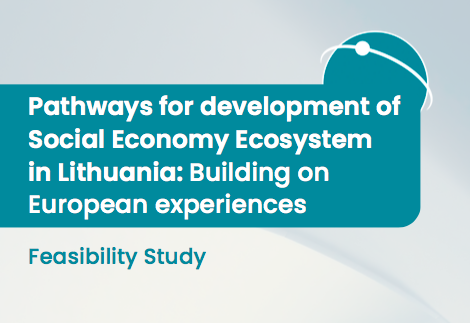
Feasibility Study: Pathways for development of Social Economy Ecosystem in Lithuania: Building on European experiences
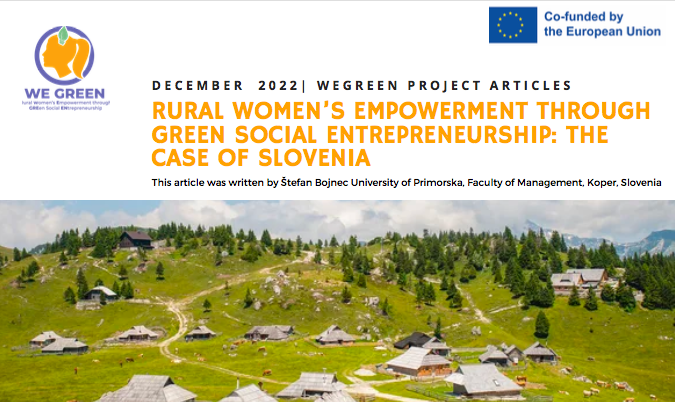
Rural women's empowerment through green social entrepreneurship: The case of Slovenia
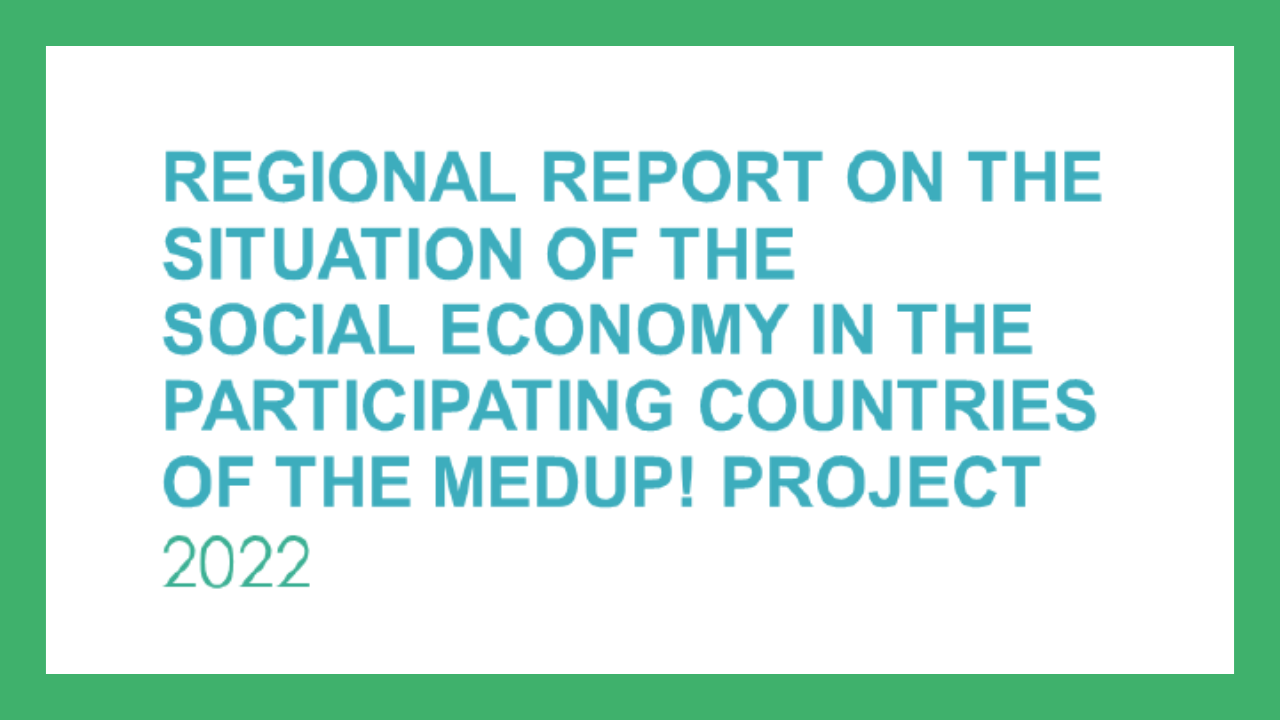
Regional report on the situation of the social economy in the participating countries of the MedUP! project, 2022.
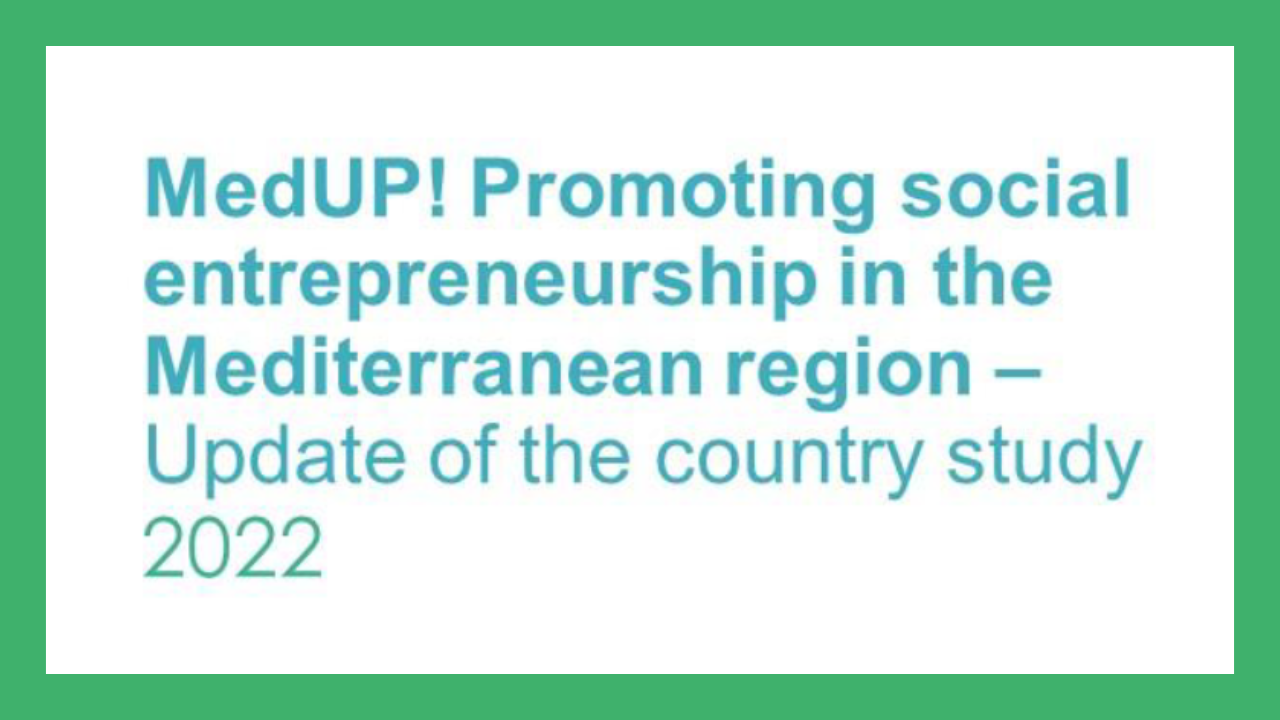
MedUp! Promoting social entrepreneurship in the Mediterranean region - Update of the country study 2022

Country report for the macro level research update of the MedUP! country analysis - Palestine, 2022
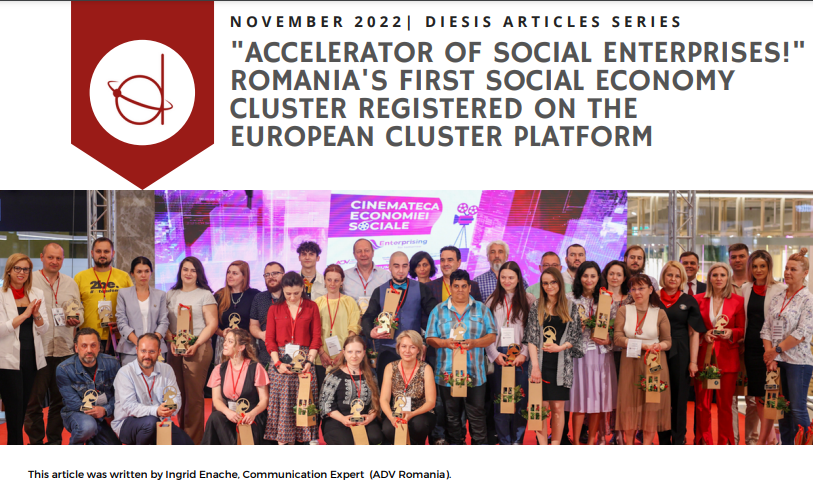
"Accelerator of Social Enterprises!" - Romania's first social economy cluster registered on the European Cluster Platform
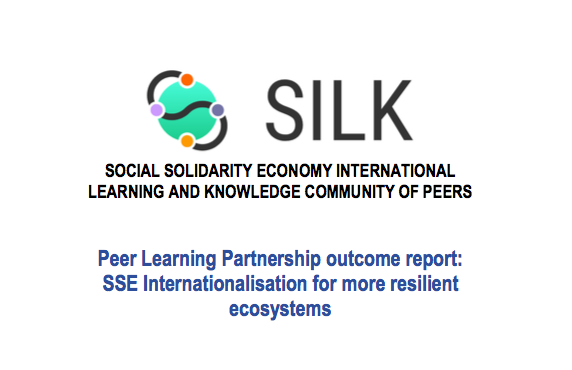
Peer Learning Partnership outcome report: SSE Internationalisation for more resilient ecosystems
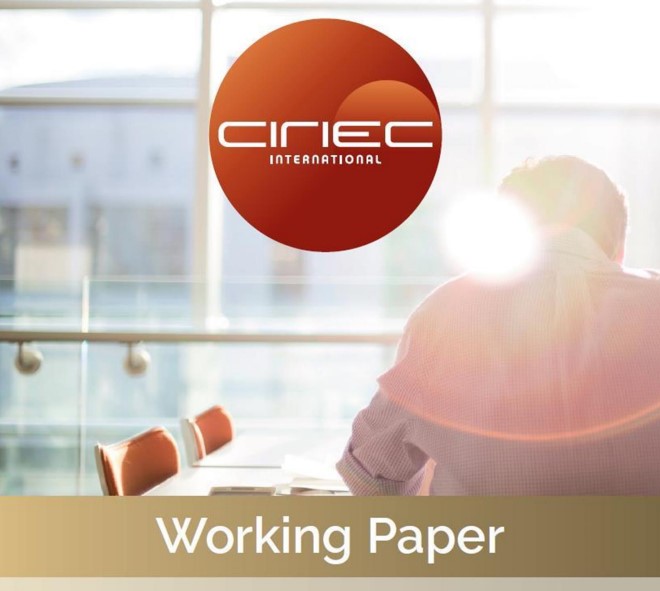
Social and green economies in the Mena region: through sustainability, public policies and SDGs

Gender equality and women empowerment in social economy enterprises: enablers and barriers
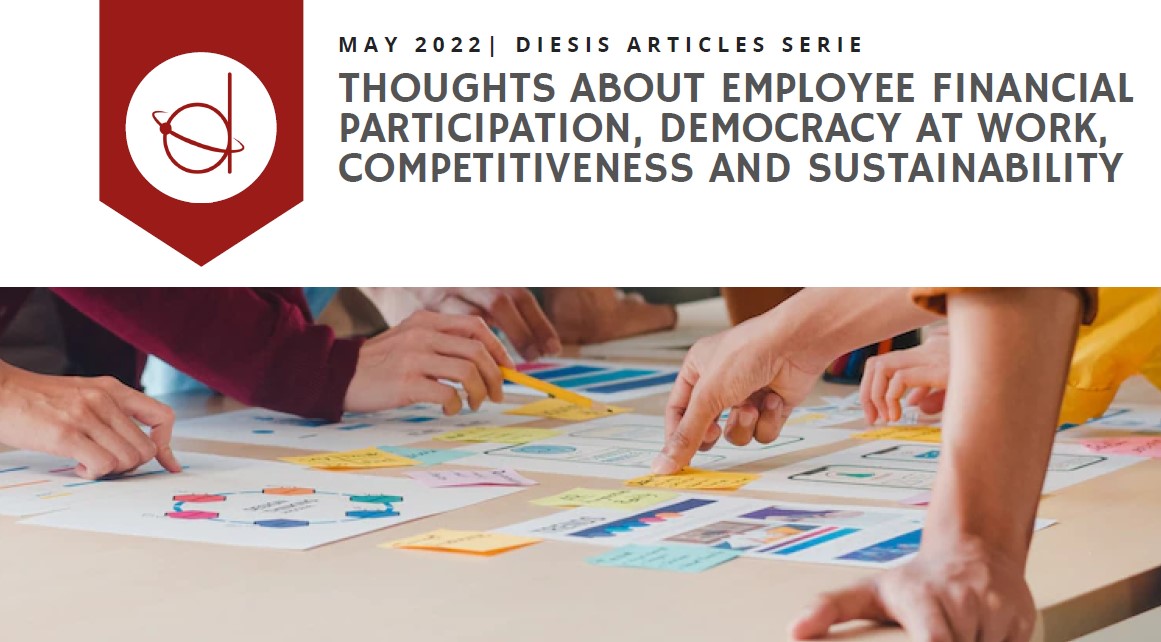
Thoughts about employee financial participation, democracy at work, competitiveness and sustainability
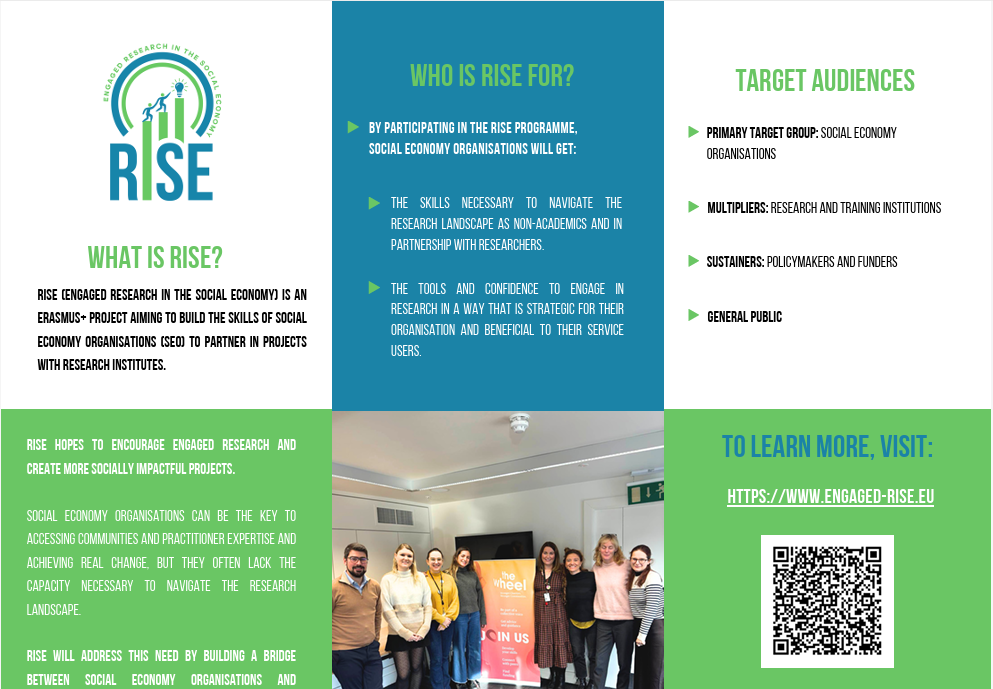
RISE (Engaged Research in the Social Economy) aims to build the skills of social economy organisations (SEOs) to partner in projects with research institutes. This will enable more engaged research (ER), a practice that creates more socially impactful projects through collaboration between researchers and communities.

This Policy Paper presents national recommendations for consideration by policymakers and decision-makers within the countries participating in the Teamwork 2 project. These recommendations aim to inform potential improvements to local and European Union legislation addressing sexual harassment in the workplace.

This e-learning course arises at a time when raising awareness and creating safe working environments has become more urgent than ever. In line with growing calls for respect, dignity and protection in workplaces, it offers a structured, accessible tool for organizations, employees and stakeholders across Europe to engage with the issue of sexual harassment. Within the EU context, where legal frameworks, cultural norms, and national practices vary, this course provides harmonized knowledge and practical guidance to help ensure consistency, accountability, and support. It covers definitions, legal rights, reporting mechanisms, staff policy development, and training—so as to equip all actors with the resources they need to prevent harassment and respond effectively when it occurs.

This e-learning course arises at a time when raising awareness and creating safe working environments has become more urgent than ever. In line with growing calls for respect, dignity and protection in workplaces, it offers a structured, accessible tool for organizations, employees and stakeholders across Europe to engage with the issue of sexual harassment. Within the EU context, where legal frameworks, cultural norms, and national practices vary, this course provides harmonized knowledge and practical guidance to help ensure consistency, accountability, and support. It covers definitions, legal rights, reporting mechanisms, staff policy development, and training—so as to equip all actors with the resources they need to prevent harassment and respond effectively when it occurs.

